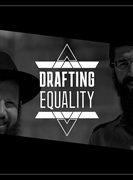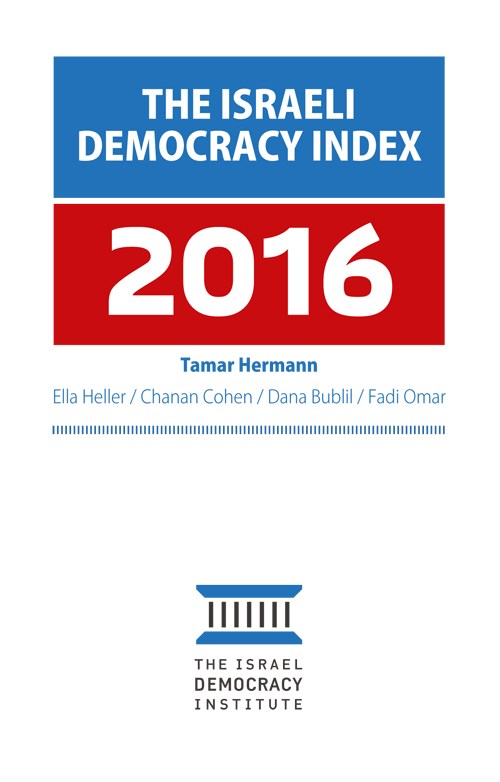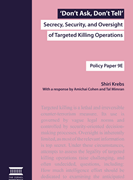מאמרים, ספרים ואירועים בנושא Security and Democracy
מאמרים

Are Israelis abroad in danger of arrest over war crime allegations?
מאת: ד"ר ערן שמיר-בורר
Kan English's Mark Weiss spoke to the Director of IDI's Center for Security and Democracy Dr. Eran Shamir-Borer over the potential of Israelis who have served in Gaza to be arrested and questioned when traveling abroad. They discuss why this is happening, the legal framework, the organizations involved, and steps soldiers can take to mitigate the risk of this happening to them while traveling.

International Law and the War with Hamas
מאת: פרופ' עמיחי כהן
BICOM's Richard Pater speaks with IDI's Professor Amichai Cohen about international law in the context of Israel's war with Hamas. In this episode, they cover Israel's conduct in Gaza, the rules of engagement, humanitarian assistance, and Israel's goals in Gaza.

Even in Times of Crisis, Police Must Be in Command of Civilian Defense Squads
The work of civilian defense squads serves a real security need and bolsters the functioning of the police. But an incident from the Israel-Iran war reminds us that, even in an emergency, they are still subject to the law and must still operate within the limits and frameworks set for them by the police.

Operation Rising Lion: A Special Home Front Situation
What are the implications of declaring a "special home front situation", and what powers does such a declaration confer to Israeli authorities? Are the restrictions that the government has imposed on citizens leaving Israel legal? What rights do citizens have in areas regarding which such a declaration has been made? What’s the difference between a "special home front situation" and the ongoing "emergency situation" that has long been in force in Israel? This article explains these issues, and more.

Lack of Protective Structures Against Missile Attacks in Arab Localities
מאת: עו"ד ליטל פילר
As Israeli citizens are facing severe threats to their safety during following an escalation of hostilities between Israel and Iran, it is, once again, clear that Arab localities lack proper protective infrastructure against missile attacks.

Israel’s Shin Bet Saga, Continued
Following Ronen Bar’s resignation and an HCJ judgment, Netanyahu has rushed to propose a new Shin Bet head, inviting legal challenges.

The Attorney General’s Agreement with Ben-Gvir
The Attorney General recently announced an agreement with Itamar Ben-Gvir in response to petitions challenging his reappointment as Minister of National Security. What is included in this agreement, can it be enforced, and is it an appropriate solution to ensure an independent police force?

October 7, 2023: The Government vs. a State Commission of Inquiry
מאת: ד"ר דנה בלאנדר
The announcement by the government this week that it does not intend to form a state commission of inquiry is a grave error—this is not only a civic and moral failure, it also harms Israel's national security and prevents the nation from healing.

Politicization of the Shin Bet is Dangerous to Israel's Security and the Rights of Israelis
Maintaining the Shin Bet’s independence from political influence is essential to preserving both Israel’s national security and the democratic rights of its citizens.

Key points to keep in mind in relation to the Supreme Court hearing on Ronen Bar's firing
מאת: פרופ' סוזי נבות
IDI VP of Research Prof. Suzie Navot shares key points to keep in mind in relation to the Supreme Court hearing on Ronen Bar's firing.

Limited Protection: Israel’s High Court of Justice Rejection of Gaza Humanitarian Aid Petition
The Israeli Supreme Court rejected the Gaza Humanitarian Aid petition submitted by a number of Israeli human rights NGOs, stating that Israel's obligations are relative in nature and that the petitioners had failed to establish that these were generally violated during the Gaza war.

The Reappointment of Ben-Gvir as Minister of National Security is ‘Extremely Unreasonable’
The reappointment of Itamar Ben-Gvir as Minister of National Security, despite legal objections and a documented pattern of improper political interference in police operations, constitutes an "extremely unreasonable" decision that threatens the independence, professionalism, and democratic integrity of Israel’s law enforcement system.

Explainer: The Prime Minister’s Decision to Pursue the Dismissal of the Head of the Shin Bet
On March 20, 2025, Israel’s government voted in favor of Prime Minister Benjamin Netanyahu’s decision to dismiss Ronen Bar, head of the Shin Bet, citing "growing distrust" in the security chief. The following document answers key legal questions around this announcement.

Cuts to the National Authority for Community Safety Harm National Security
Drastic budget cuts to Israel's National Authority for Community Safety jeopardize national security by eliminating essential violence prevention and community support services, disproportionately impacting vulnerable populations and exacerbating social instability.

Does Shin Bet chief Ronen Bar's dismissal endanger Israeli democracy?
מאת: פרופ' עמיחי כהן
Prime Minister Netanyahu has informed Israel Security Agency Shin Bet Director Ronen Bar of his decision to fire him. Netanyahu cited his mounting lack of confidence in Bar as grounds for his dismissal. KAN's Mark Weiss spoke about the prime minister’s decision to dismiss Ronen Bar with Prof Amichai Cohen, a Senior Fellow at the Israel Democracy Institute.

Four Comments on the Decision to Dismiss the Head of the Shin Bet
מאת: פרופ' סוזי נבות
On March 16, 2025, Prime Minister Netanyahu announced his intention to bring the dismissal of Ronen Bar, the head of the Israeli Security Agency (Shin Bet), Israel's internal security service, to a vote of the full cabinet. Though not a perfect comparison, the Shin Bet is often seen as comparable to the FBI in the US.

The Tasks Awaiting the New Chief of Staff – The Relationship Between the IDF and Israeli Society
מאת: פרופ' עמיחי כהן
The incoming Commander-in-Chief of the IDF, Major General Eyal Zamir, faces a number of challenges as he takes up his role beyond the security of Israel. He must integrate the ultra-Orthodox, uphold the IDF's ethical values, and restore public trust in its senior command to preserve the military's identity as the 'people's army.'

A Dangerous Attempt to Politicize Israel's National Security
Defense Minister Katz recent demand that the IDF Chief of Staff reprimand the Chief of the IDF Intelligence Directorate for presenting the possible security implications of the "Trump plan" for Gaza is the latest in several steps that threaten to politicize Israel's national security agencies, a process that could be disastrous for the country.

The Takeover of Law Enforcement and Security Agencies as a Pivotal Factor in Democratic Decline | A Comparative Analysis
מאת: ד"ר נדב דגן, עו"ד ספיר פז
Law enforcement and security agencies are central pillars of democratic rule, and therefore, their capture is a pivotal factor in democratic decline. A comparative analysis by IDI experts reveals that this takeover is often achieved quietly while striving to present all steps as lawful.

Majority of Israelis Support a Deal to Release All Hostages and End the War
מאת: פרופ' תמר הרמן, ד"ר ליאור יוחנני, ירון קפלן, אינה אורלי ספוז'ניקוב
A majority of Israelis (57.5%) support a comprehensive deal for the release of all the hostages in return for an end to the war in Gaza; Most Israelis think the current situation in Syria serves Israeli interest (52.5%); 68% of all Israelis, as well as 60% of Likud voters, are opposed to a law exempting Haredim from military service, even if this would mean a dissolution of the Knesset and new elections.
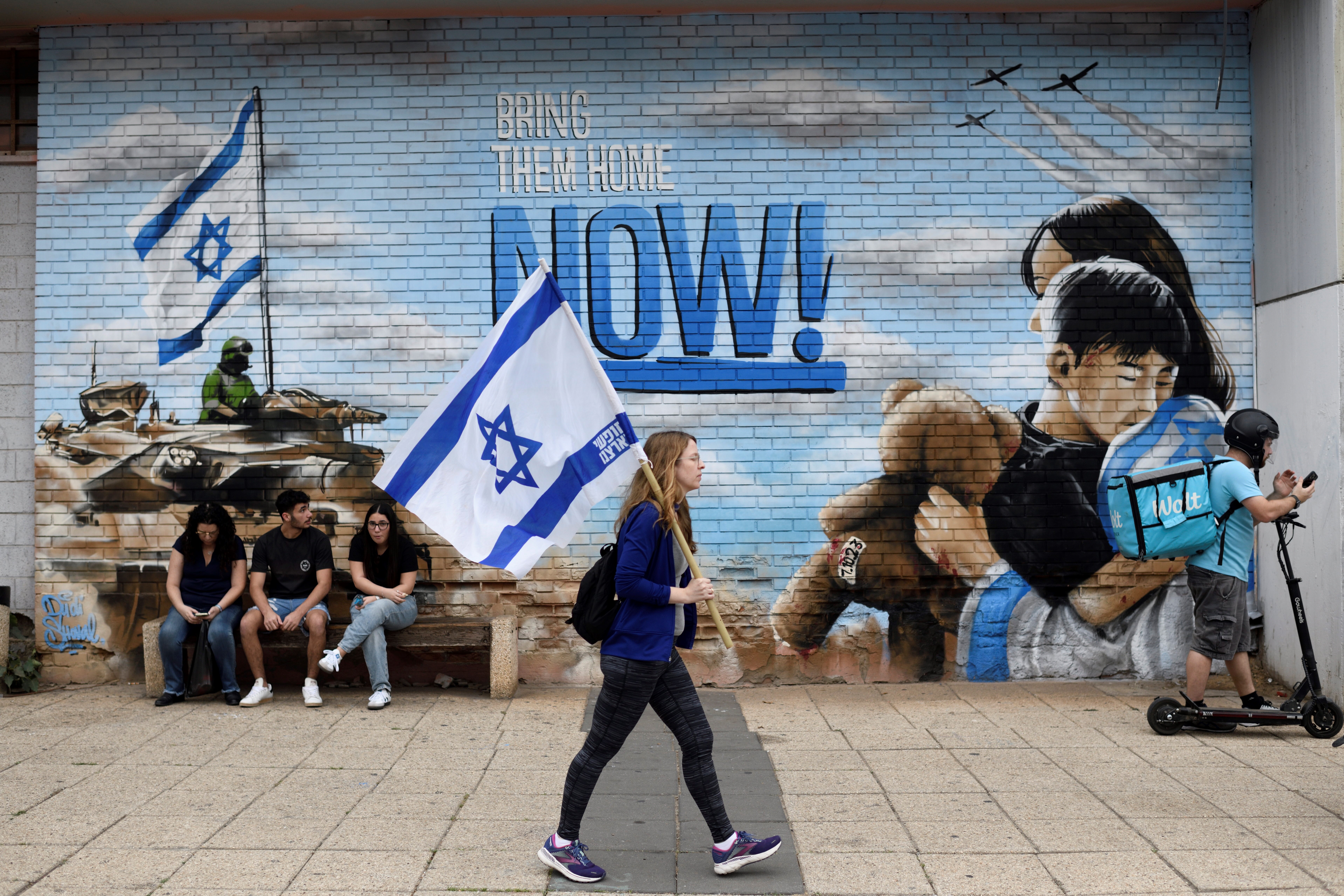
The War in Gaza: Who is Authorized to Approve a Deal for the Return of the Hostages in Exchange for the Release of Palestinian Prisoners?
What are the legal steps that must be taken when a deal includes the freeing of Palestinian prisoners from Israeli prisons?

Reserve Duty During the Iron Swords War by Religious Self-Definition
This study presents a survey of the distribution of reserve duty among the various religious groupings within the Jewish population, along with more in-depth analysis regarding the age and gender of reservists.

A “Cramped Interpretation of International Jurisprudence”? Some Critical Observations on the Amnesty International Genocide Report on Gaza
Amnesty International's report on the war in Gaza fails to prove acts of genocide by Israel, even when attempts are made to move the goalposts.

Politicizing Accountability: The Proposed "Public Committee of Inquiry"
מאת: ד"ר דנה בלאנדר
The proposed "Public Committee of Inquiry," for investigating the events of October 7th and its aftermath, is an attempt to circumvent the existing framework for such investigations and is unlikely to gain public trust.

High Levels of Trust in IDF More than One Year Into the War, Except Among Ultra-Orthodox and Arab Israelis
מאת: Viterbi Family Center for Public Opinion and Policy Research, Center for Security and Democracy
A special survey assessing public opinion on matters of national security, presented at IDI's annual conference on Security and Democracy. The survey found support for a mandatory draft, and significant economic penalties for those who do not serve.

IDI Survey: Most Jewish Israelis feel safer in a scenario with high number of civilian firearms; most Arabs feel less safe
מאת: Viterbi Family Center for Public Opinion and Policy Research, Center for Security and Democracy
The Center for Security and Democracy and the Viterbi Center for Public Opinion and Policy Research at the Israel and personal security—the present release focuses on internal security; a press release will follow tomorrow focusing on national security.

The Police Commissioner’s Response to the Attorney General is Worrying, Erroneous and Dangerous
The Police Commissioner's decision to terminate the Israel Police Legal Advisor without consulting the Attorney General to whom the Police Lega Advisor is professionally subordinate the most recent worrying sign of the problematic relations between the Attorney General and various government officials.

Security Considerations, the Duty to End Belligerent Occupations and the ICJ Advisory
Prof. Cohen and Prof. Shany discuss three possible rationales for the ICJ's rejection of Israel’s security concerns and offer a few final observations on the appropriate balance that should hold between security considerations and continued presence in occupied territories.

“Well, it Depends”: The Explosive Pagers Attack Revisited
IDI experts Prof. Amichai Cohen and Prof. Yuval Shany analyze the legality of the September explosions targeting Hezbollah pagers and walkie-talkies through three legal frameworks: the right to use force, principles of distinction and proportionality, and the legality of employing these devices under laws regulating choice of weapons.

The Two Coalitions Israel Needs Now
מאת: יוחנן פלסנר
It is increasingly clear that Israel’s future depends on the forging of two coalitions. One is a multinational alliance determined to turn the Palestinian issue from a driver of conflict into an engine of peace. The other, is an internal Israeli coalition ready to pursue a series of bold social, economic, and political reforms.

The Sde Teiman HCJ Judgment: Too Little, Too Late?
A recent judgment of the Israeli Supreme Court held that conditions in a notorious detention center must comply with Israeli law.

Fear of Politicization of Police Prosecution: A Sign to Separate from the Police
מאת: ד"ר גיא לוריא
To protect the credibility of the police as an impartial law enforcement agency, independent oversight over the police prosecution unit - the police unit that issues criminal charges - must be increased through the Attorney General's office.

The Security Cabinet Should Play a Greater Role in Determining Hostage Negotiations
The Prime Minister’s decision to retain the power to determine the parameters and scope of the hostage deal as a “policy issue” disregards the implications such a deal has on security issues. Israeli history underscores the importance of convening the security cabinet and upholding the appropriate democratic channels in times of war.

Haredi Yeshiva Students Are Being Called to IDF Enlistment Centers. What’s Next?
מאת: עו"ד שלומית רביצקי טור-פז, ד"ר ערן שמיר-בורר, עו"ד מירית לביא
On Monday August 5, 2024 and Tuesday August 6, 2024—900 ultra-Orthodox yeshiva students were required to present themselves at IDF enlistment centers. Shlomit Ravitsky Tur-Paz, Dr. Eran Shamir-Borer and Mirit Lavi explain the next steps the IDF will need to take in order to enforce the legal obligation of conscription.

Even Against Terrorists – The Rule of Law Prevails
The rule of law is a fundamental democratic principle, meaning that all governing bodies are subject to and must comply with the law. Despite the complexities inherent in ongoing war, this is true also of the IDF, and only decisive action against breaches of conduct may protect the rule of law in Israel and Jewish morality.

Advisory Opinion of the International Court of Justice on the Legal Consequences of Israel's Policies and Practices in the "Occupied Palestinian Territory"
An in-depth analysis of the advisory opinion of the ICJ on the legal consequences of Israel's policies and practices in the 'occupied Palestinian territory.'

Another Brick in the Wall? The ICJ Advisory Opinion on Israeli Policies and Practices in the Occupied Palestinian Territory
The ICJ Advisory Opinion on Israel's policies in the territories of the West Bank (Judea and Samaria) are illegal but was more divided on other salient factual and legal findings.

So Haredi Men Must be Drafted. What Now?
Nine Supreme Court Justices ruled unanimously that the state must act to enforce Israeli conscription legislation and apply it to Haredi men. For this to be realized the IDF and the defense establishment must also make significant changes. These are the issues the IDF should take into consideration.

Official State Commission Sends Warning Letters in Submarine Acquisition Inquiry
מאת: ד"ר עמיר פוקס
The State Inquiry Commission on Naval Vessels was tasked with examining the decision-making processes at both the professional and political levels between 2009-2016 in relation to the acquisition of naval vessels during those years.

The Independence of the Israel Police and the Limits of Political Intervention in Its Operations
Israeli Supreme Court Hearing on what is known as the "Ben Gvir Amendment" to the Israel Police Ordinance.

The Key to Revitalizing Israel-US Relations Lies Between Moscow and Beijing
מאת: ד"ר ישי (ג'סי) פרס
The roots of the crisis between Israel and the United States are supposedly in Rafah. But the key to resurrecting the relationship lies far from Gaza, between Moscow and Beijing.

Haredi Conscription | Decision Time
מאת: The Israel Democracy Institute in Collaboration with Makor Rishon
A special collaboration with Makor Rishon includes updated data on conscription, information on shifting trends in Haredi public opinion, articles and columns by researchers at IDI.

The Threat of Militias Harm Democracy and the Stability of the State
A serious public and governmental discussion is needed regarding the privatization of internal security governance that we are currently witnessing, and its implications. This privatization threatens us all.

The Prosecutor’s Uphill Legal Battle?: The Netanyahu and Gallant ICC Arrest Warrant Requests
In this article, we wish to identify and discuss here some potential problems we identify in the part of the request pertaining to Netanyahu and Gallant, at least as it was presented in the Prosecutor’s short announcement and by the expert report supporting it.
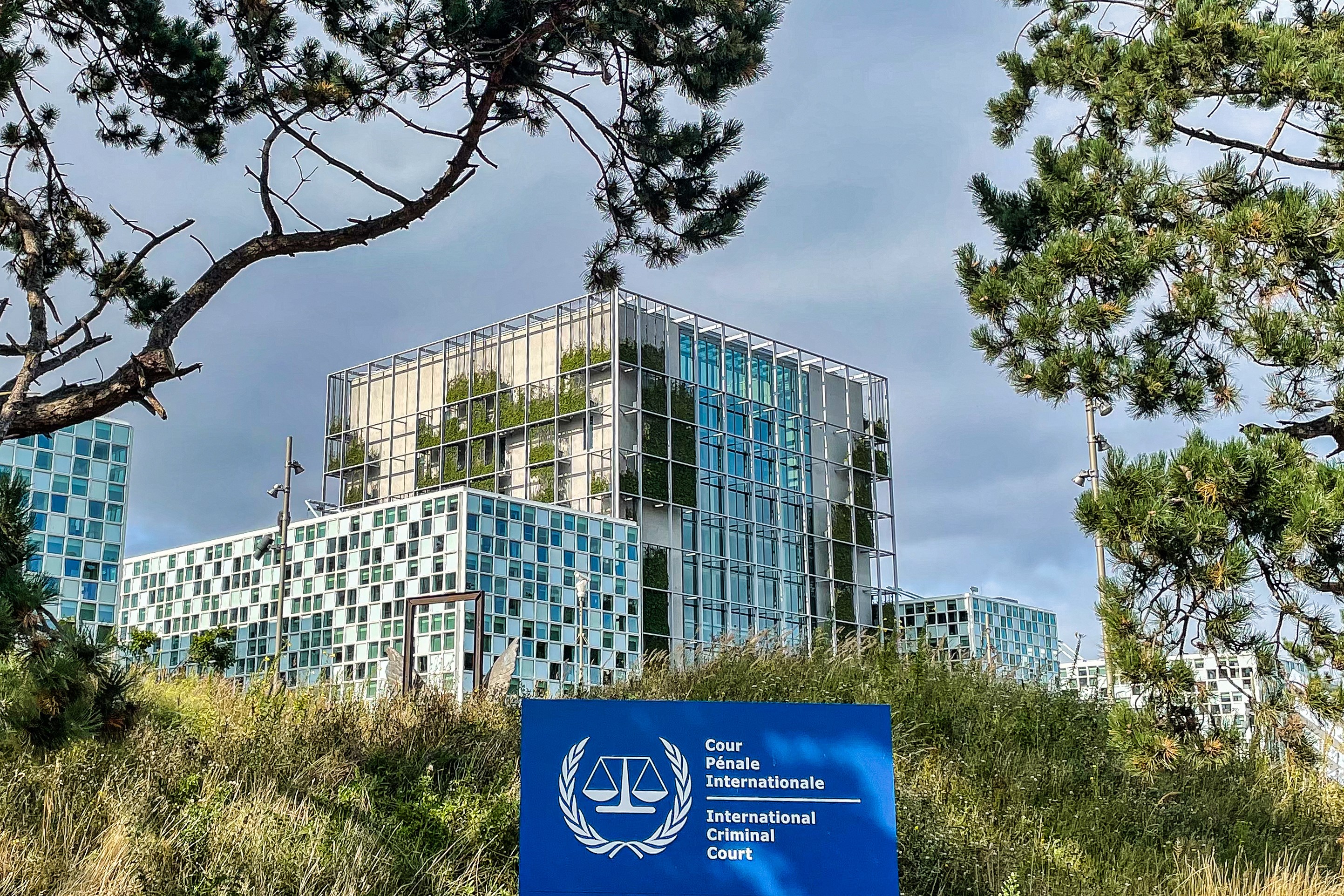
ICC Arrest Warrants Would Harm Israel at Home and on the International Stage
מאת: פרופ' עמיחי כהן
From damage to scientific collaboration to cancellation of arms deals, arrest warrants for senior Israeli officials from the International Criminal Court in the Hague would pose a serious challenge to Israel
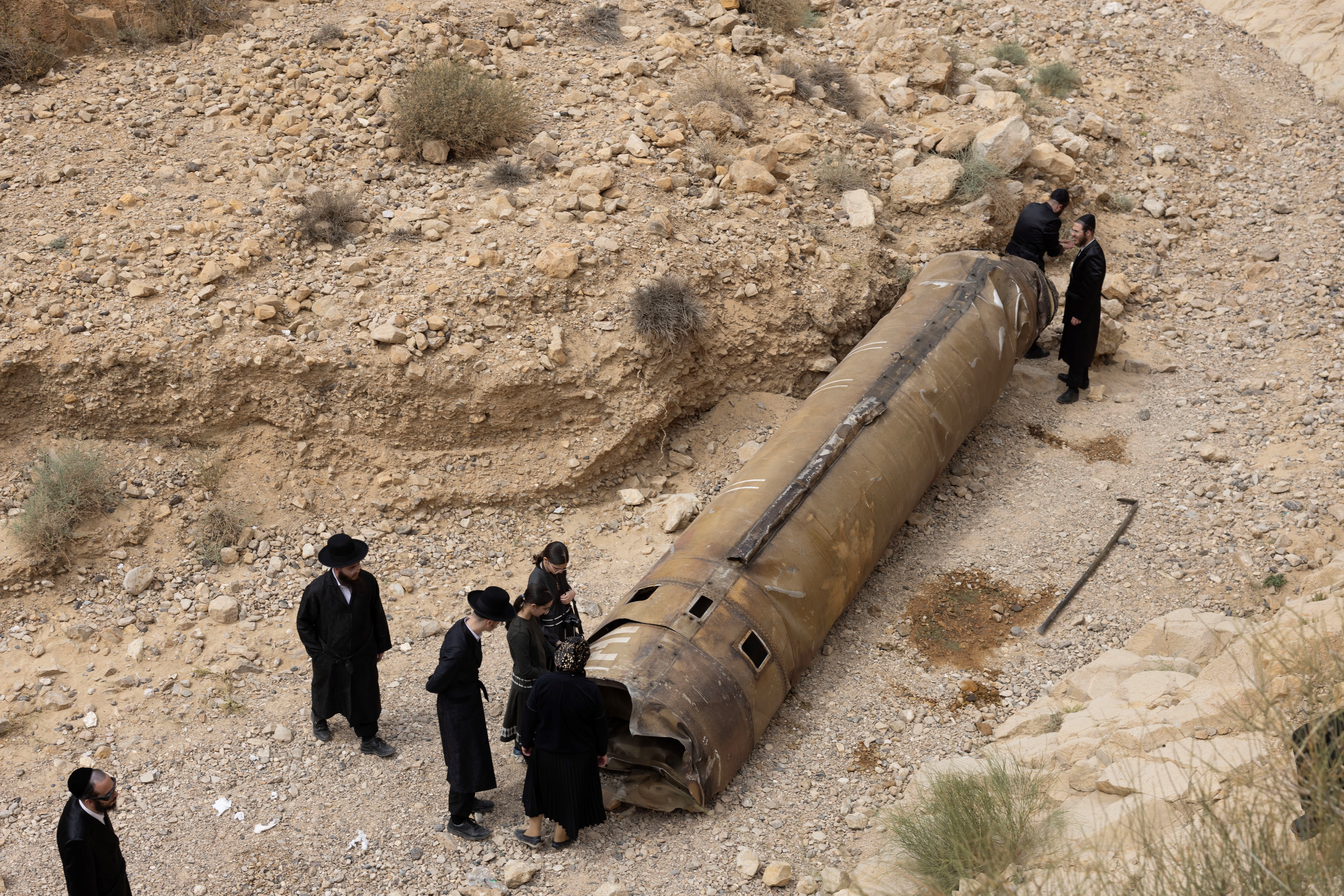
Iran’s Attack Sets a Dangerous Precedent
מאת: ד"ר ישי (ג'סי) פרס
The Iranian missile attack on April 13th set a very dangerous precedent for the future. Had one of the few missiles that managed to penetrate Israel's air-defense shield been fitted with a nuclear warhead, the outcome would have been devastating. This is why the phenomenal achievement of the Israeli Air Force and its allies on Saturday night must not blind us to the danger ahead.
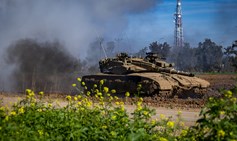
Israelis say the time has come for those responsible for October 7 to step down
After more than six months of war, we found that among both Jewish (58%) and Arab Israelis (81%) there is widespread agreement that now that the majority of Israeli forces have left the Gaza Strip, the time has come for those who were responsible for the failure of October 7 to resign from their positions.
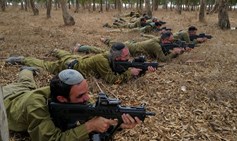
Quantity and Cost of Reserve Service in the Event that Haredim Enter Regular and Reserve Service in the IDF
We examine the increased burden of reserve service that the defense establishment is seeking to impose on the population groups that already perform regular and reserve service, and the economic-budgetary implications of this step for the period through to 2050.
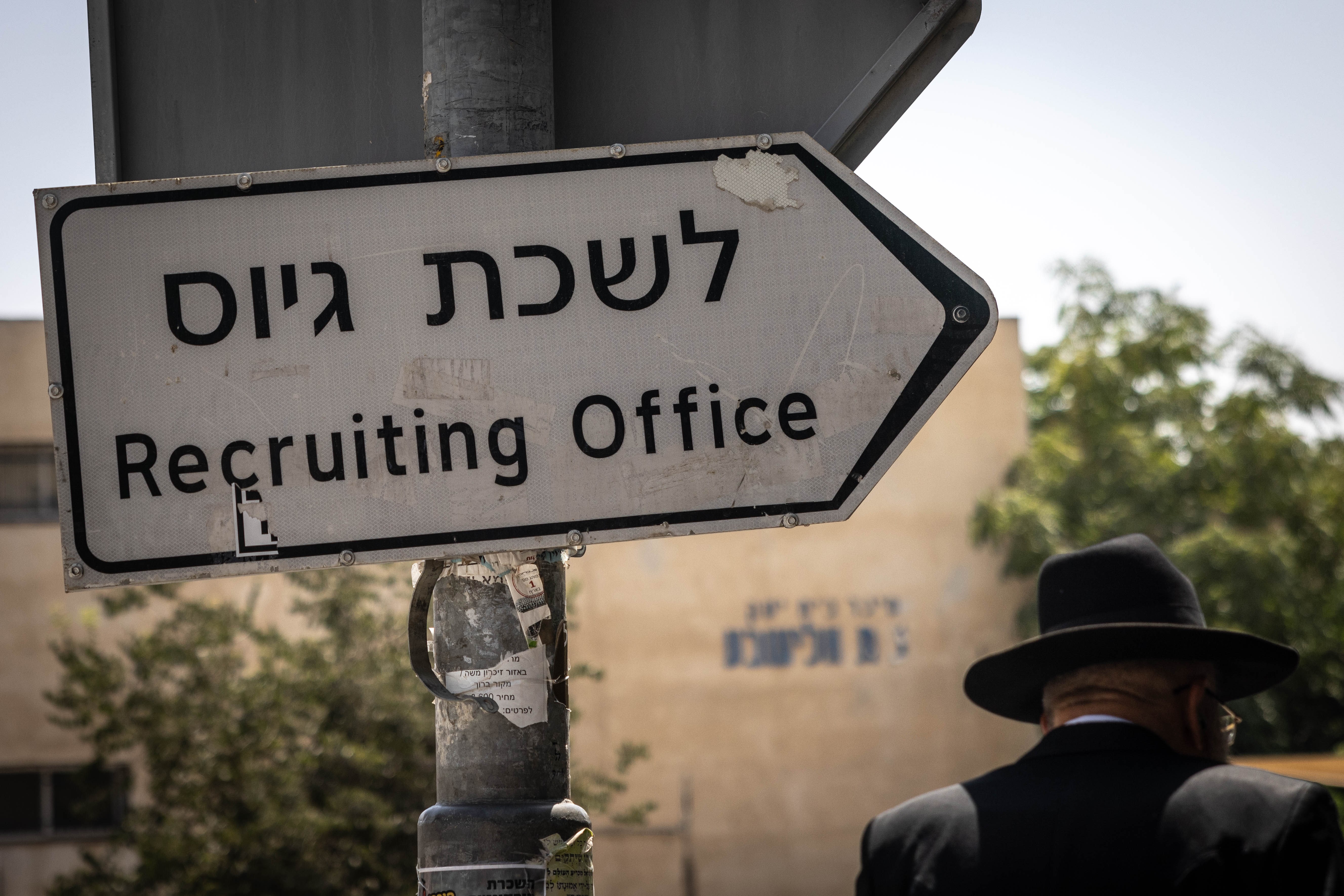
Military Service Law and Reserve Service Law Amendments (extension of mandatory and reserve service period): Professional Opinion
The government wishes to amend the Military Service Law and Reserve Service Law due to the new security circumstances arising from the outbreak of the war in Gaza. While recognizing the immediate imperative to respond to IDF's personnel needs, we oppose these legislative proposals.
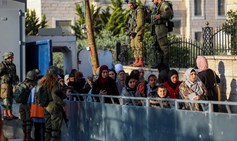
Preparing for Ramadan as Israel Arms Itself
מאת: עו"ד מירית לביא
In a few days, Israel's Muslim citizens will begin celebrating the month of Ramadan. While safeguarding this ritual and protecting freedom of worship, security forces will face challenges in defending public security, as this is considered a sensitive time. With the influx Israeli citizens taking part in the civilian defense squads and licensing themselves, the police must make serious efforts to ensure all Israeli citizens feel safe.

Follow the Money: On the War, Drafting the Yeshiva Students, and the State Budget
מאת: פרופ' בני פורת
The legal basis for deferring military service for Yeshiva students no longer exists, removing legal justification for the transference of funds to religious institutions with students under 26. Funding for Torah study institutions is the most substantial question that needs to be addressed at the current time, when Israeli society is rethinking its relations with the Haredi public.

Rabbinical Elites Versus Traditionalists: IDF Conscription Law Reveals Rifts in Shas Party
מאת: אליהו ברקוביץ
Internal struggles between factions within the Sepharadic ultra-religious movement Shas are only beginning. The absence of the unifying figure of Rabbi Ovadia Yosef is still sorely felt, and only time will tell whether the rabbinical elite or the Knesset members representing a moderate electorate will gain the upper hand.
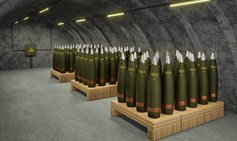
What happens when Israel runs out of ammo?
מאת: ד"ר ישי (ג'סי) פרס
With US arsenals stretched to the limit and other allies lining up for their share, it's time to forge a new defense supply channel.
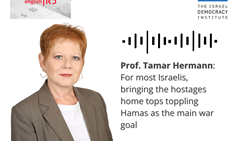
For the Israeli Public, Bringing the Hostages Back is the Top Priority
מאת: פרופ' תמר הרמן
Prof. Tamar Hermann, on Kan English podcast: Most Israelis prioritize a hostage release over toppling Hamas, with 51 percent of Israelis saying they think bringing the hostages home should be the main goal of the war, while 36 percent say toppling Hamas should be the main goal, according to a new survey conducted by the Israel Democracy Institute. At the same time, there are large divides by population sectors, the January 2024 Israeli Voice Index found.
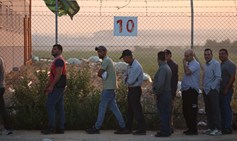
On Palestinian Workers: The Right Answer isn't Always the Easy One
מאת: פרופ' יותם מרגלית
A decision to allow Palestinian workers back into Israel is not at all a simple matter. Despite recommendations by Israel's security agencies to allow entry to Palestinian workers, the Ministers of Construction and of the Economy oppose it for security reasons. As alternative solutions to the severe shortage of workers are unsatisfactory, we must ask ourselves whether we, as a country, are prepared to withstand another socioeconomic crisis.
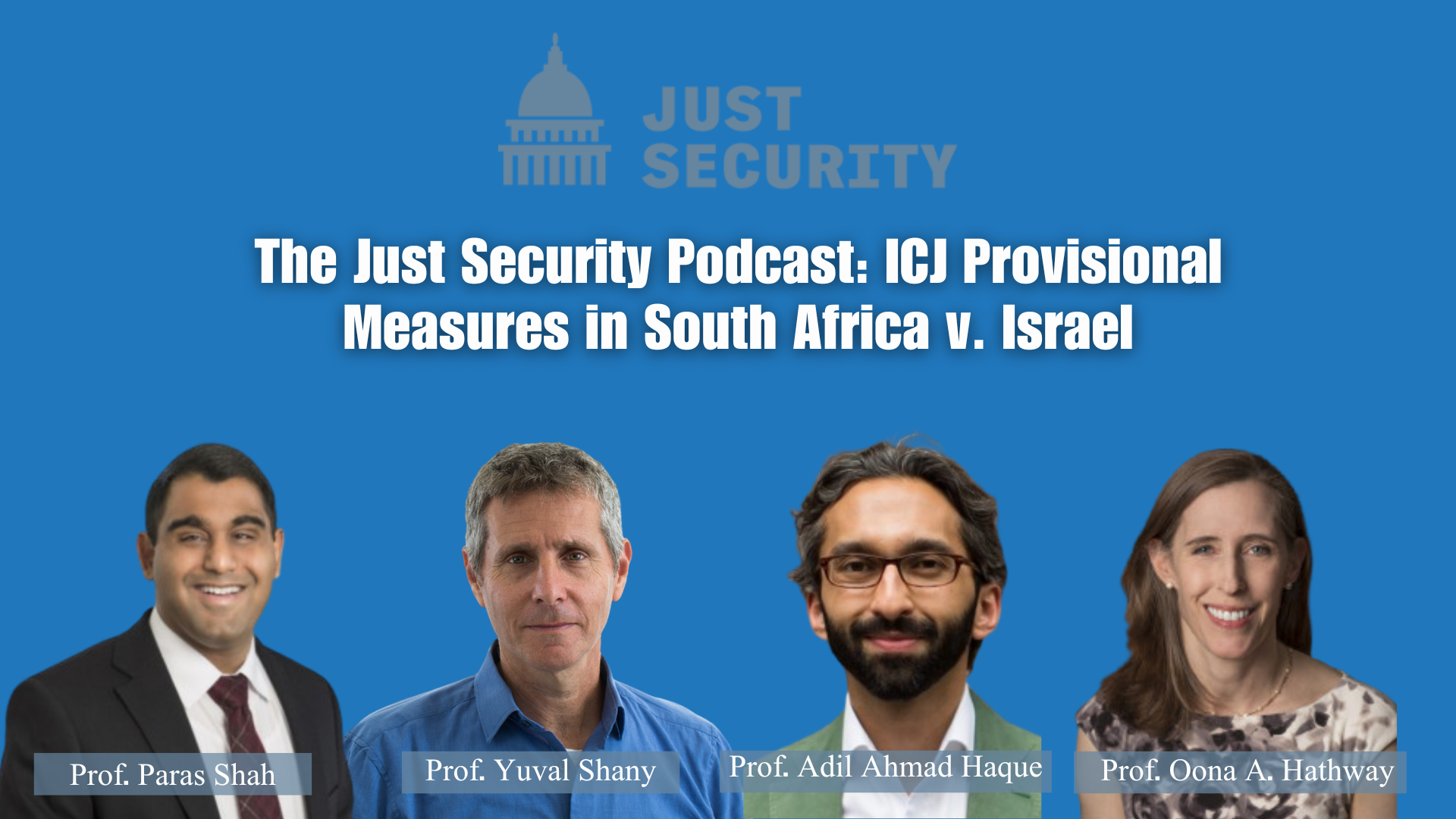
ICJ Provisional Measures in South Africa v. Israel
מאת: פרופ' יובל שני
On Friday, January 26, the International Court of Justice issued its Opinion granting provisional measures in South Africa’s genocide case against Israel. Joining the Just Security Podcast to discuss the Court’s Opinion and its implications are law professors Adil Haque, Oona Hathaway, and IDI's Yuval Shany.
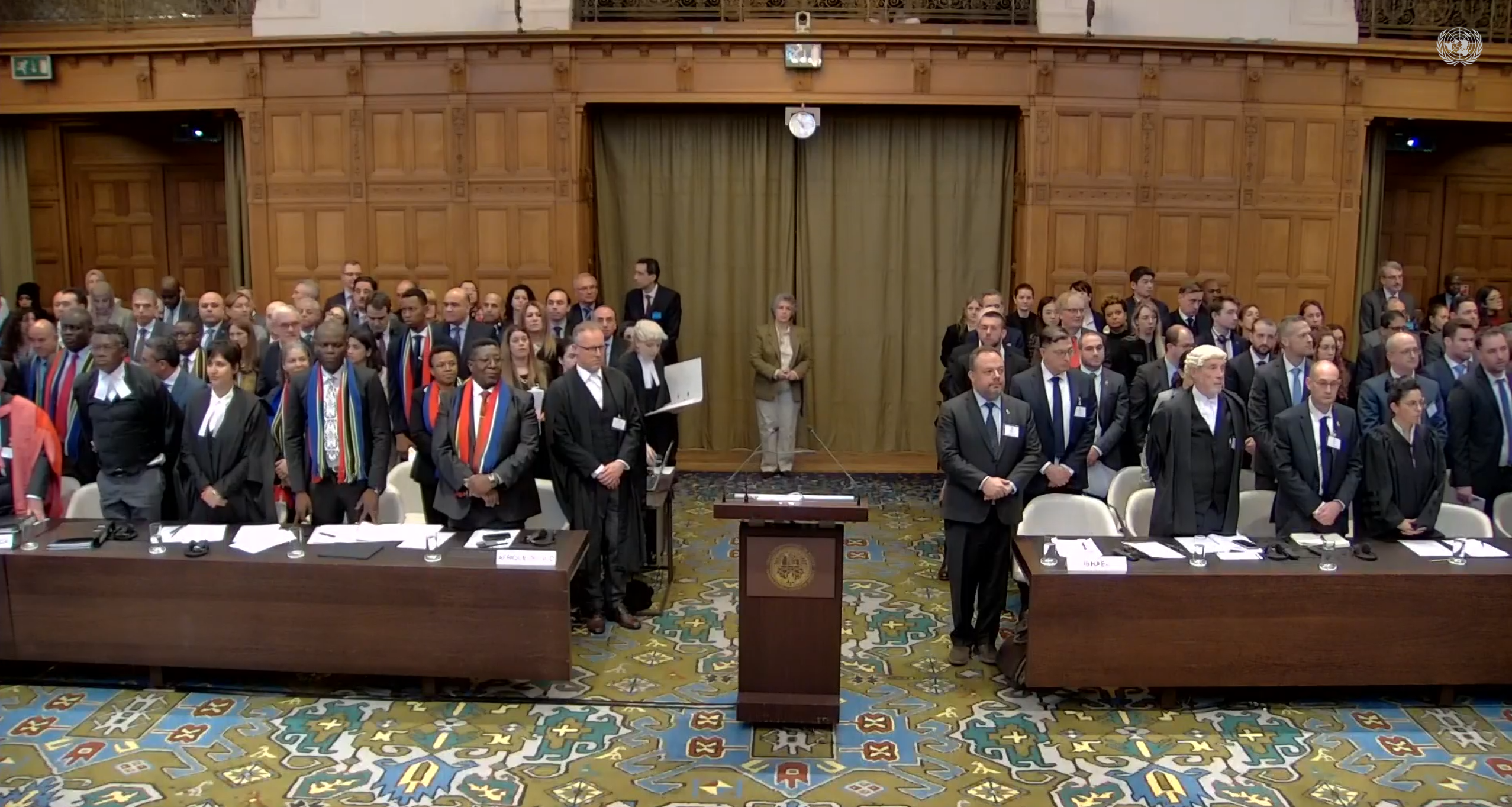
South Africa vs. Israel at the International Court of Justice: A Battle Over Issue-Framing and the Request to Suspend the War
The International Court of Justice (ICJ) at the Hague held public hearings in the case against Israel for alleged violations of the Genocide Convention. In this essay we address three aspects of the case: the ways the parties framed the events, the request to suspend Israeli military operations, and the conditions for issuing provisional measures.
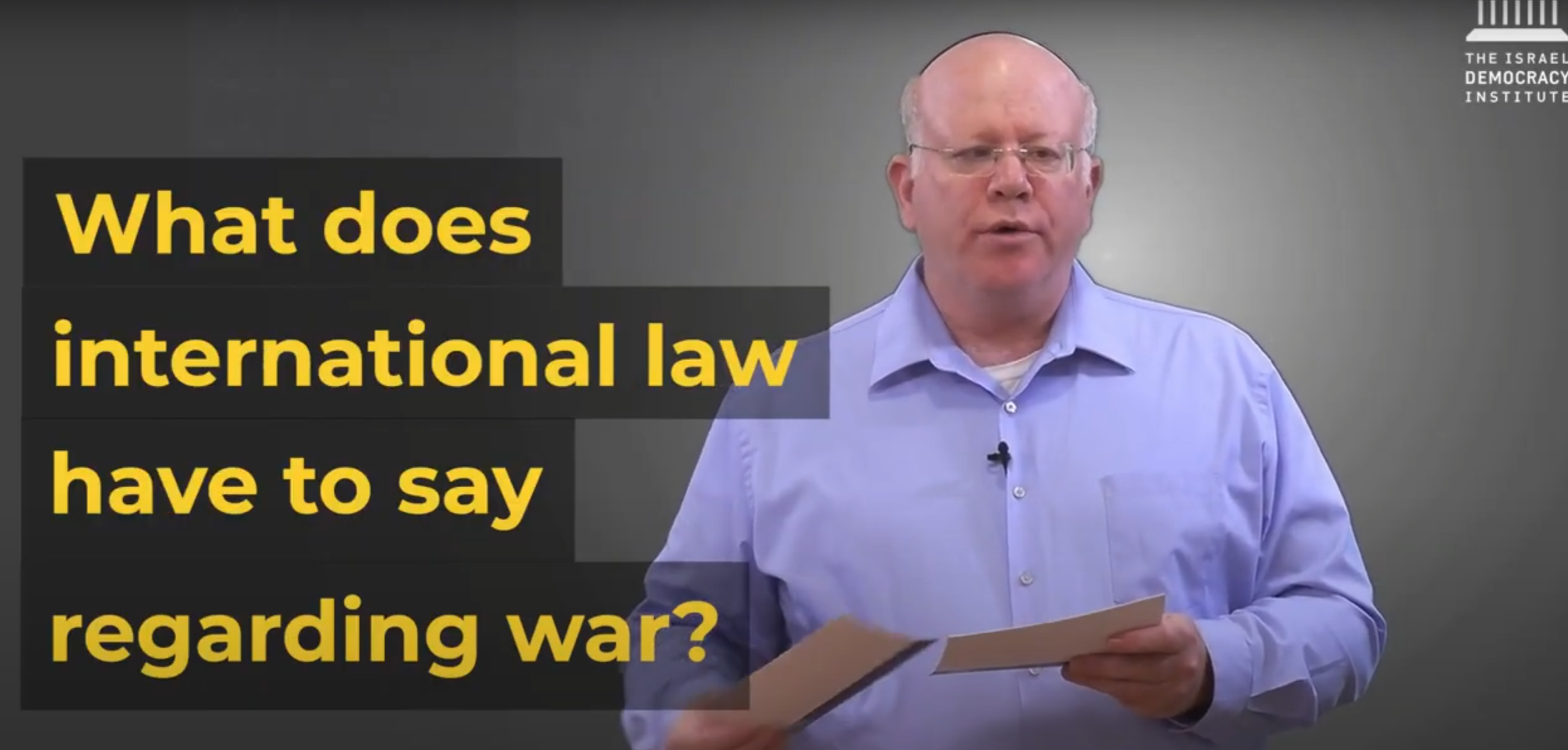
International Law and the War in Gaza
מאת: פרופ' עמיחי כהן
IDI's Prof. Amichai Cohen answers a series of questions on international law and its dealings with the laws of war.

Selective Use of Facts and the Gaza Genocide Debate
The recent application by South Africa to the International Court of Justice brought against Israel under the Genocide Convention illuminates how international law and international institutions can be employed to address the Israel-Hamas war.
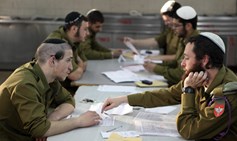
A New Social Contract with the IDF? On the Benefits of Waiting to Decide
The need for expanded IDF service is clear—but the options for achieving this are rife with political contention and economic consequences. The time to rethink long-term security arrangements is after the fog of war lifts, under newly elected leaders with broad public legitimacy.
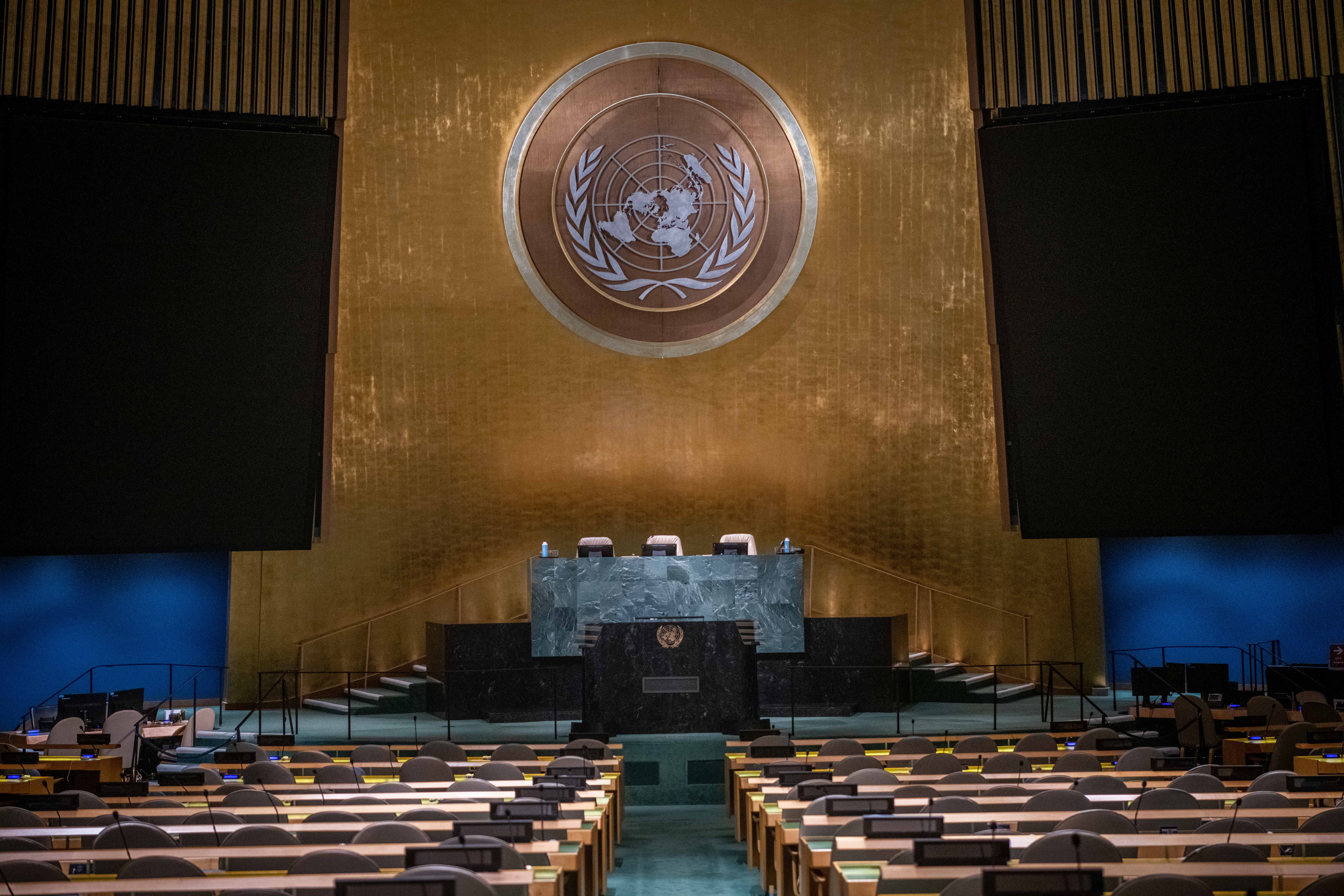
Israel's War in Gaza and International Law
מאת: פרופ' עמיחי כהן, Adaya Kisos
International law is a normative system that regulates the conduct between states, organizations recognized by international law and at times, individuals. This explainer presents an overview of international law in conflict and its application in Israel's war against Hamas.
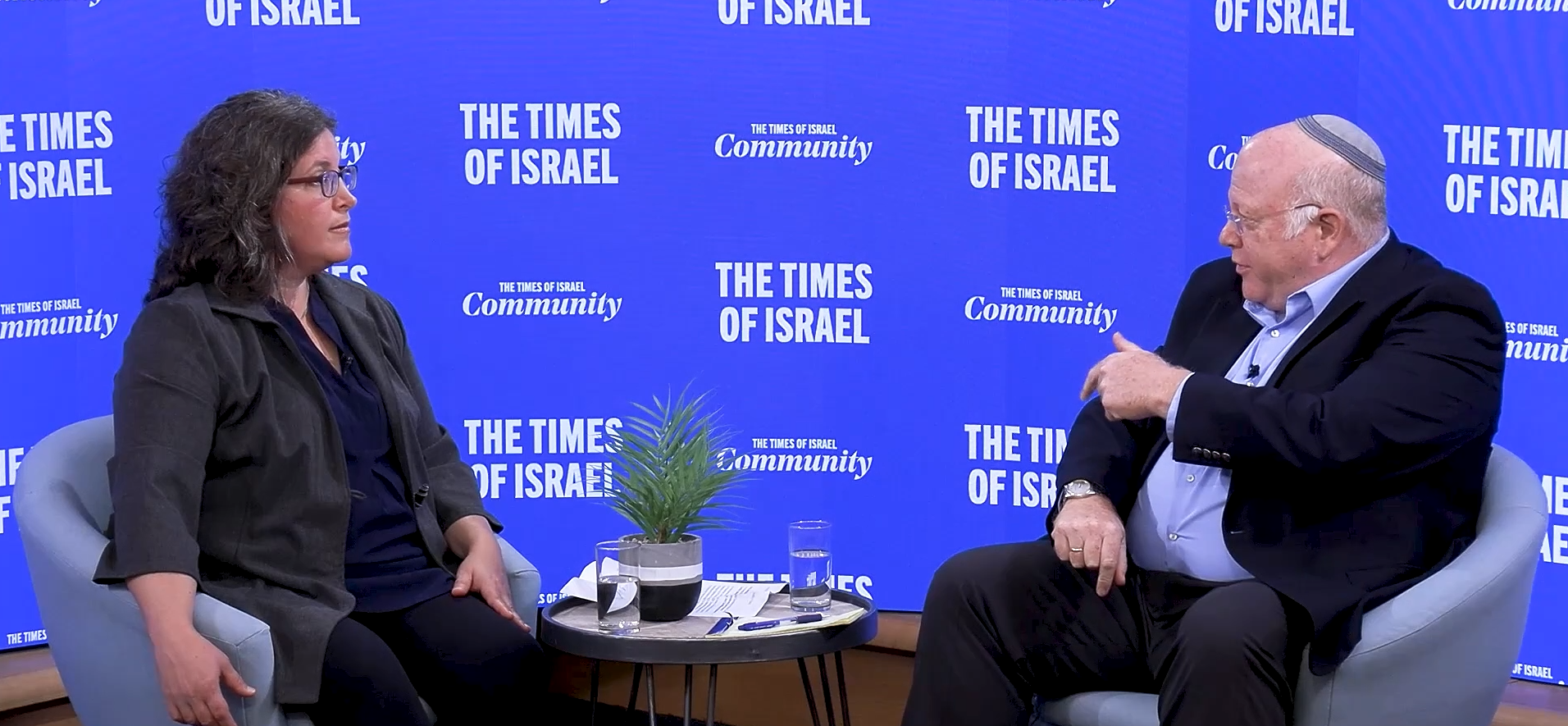
What Matters Now to Prof. Amichai Cohen: Is the IDF acting legally in Gaza?
מאת: פרופ' עמיחי כהן
Is the IDF acting legally and ethically in Gaza? The Times of Israel recently held an hour-long webinar on this topic with IDI's Prof. Amichai Cohen.
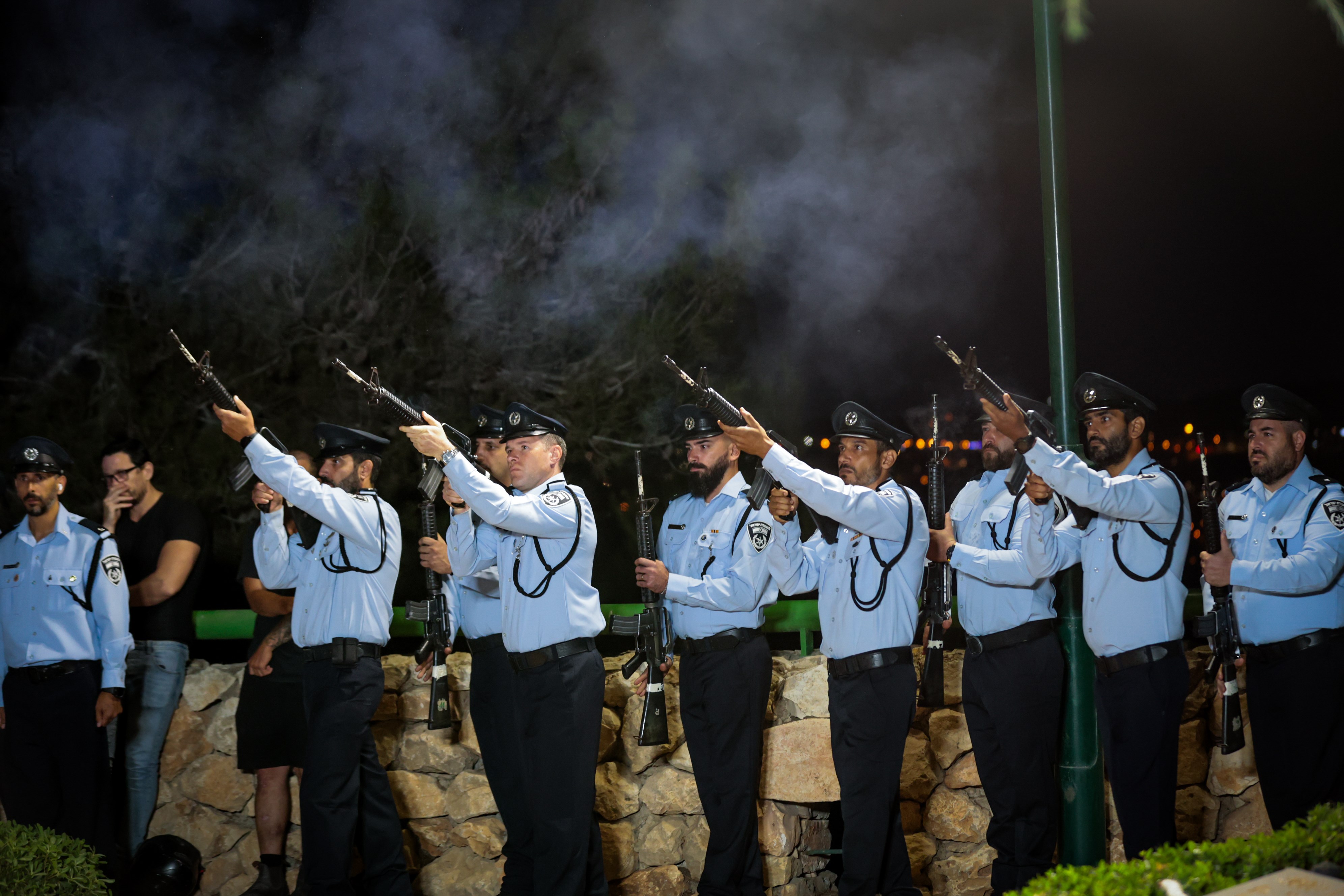
A Blow to Internal Security Governance in Israel
During the October 7th attacks, the home front became the front line with Israelis attacked in their own homes. This new reality led not only to a beefed-up presence of police and military forces in public spaces, but to civilian-based security initiatives in many communities. Finding the right balance between the police and civilians is imperative to providing much-needed safety and security for all Israelis.
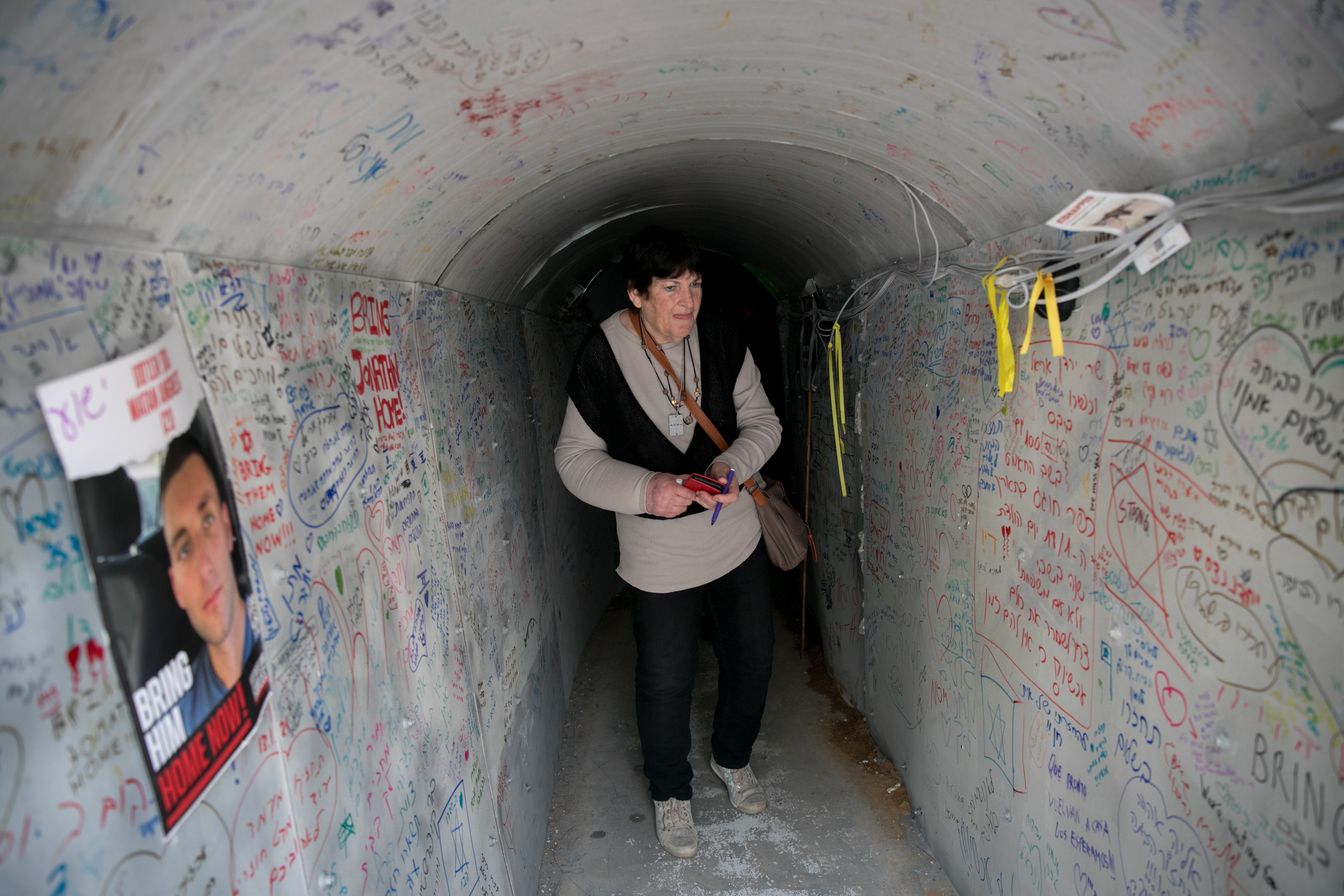
The Hostage Situation in Gaza and the Responsibilities of the International Community
מאת: פרופ' עמיחי כהן, Dr. Shelly Aviv Yeini, Prof. Tamar Hostovsky Brandes
This article discusses the responsibilities of the international community with respect to the ongoing war in Gaza, and particularly focusing on responsibilities with regard to the hostage situation.
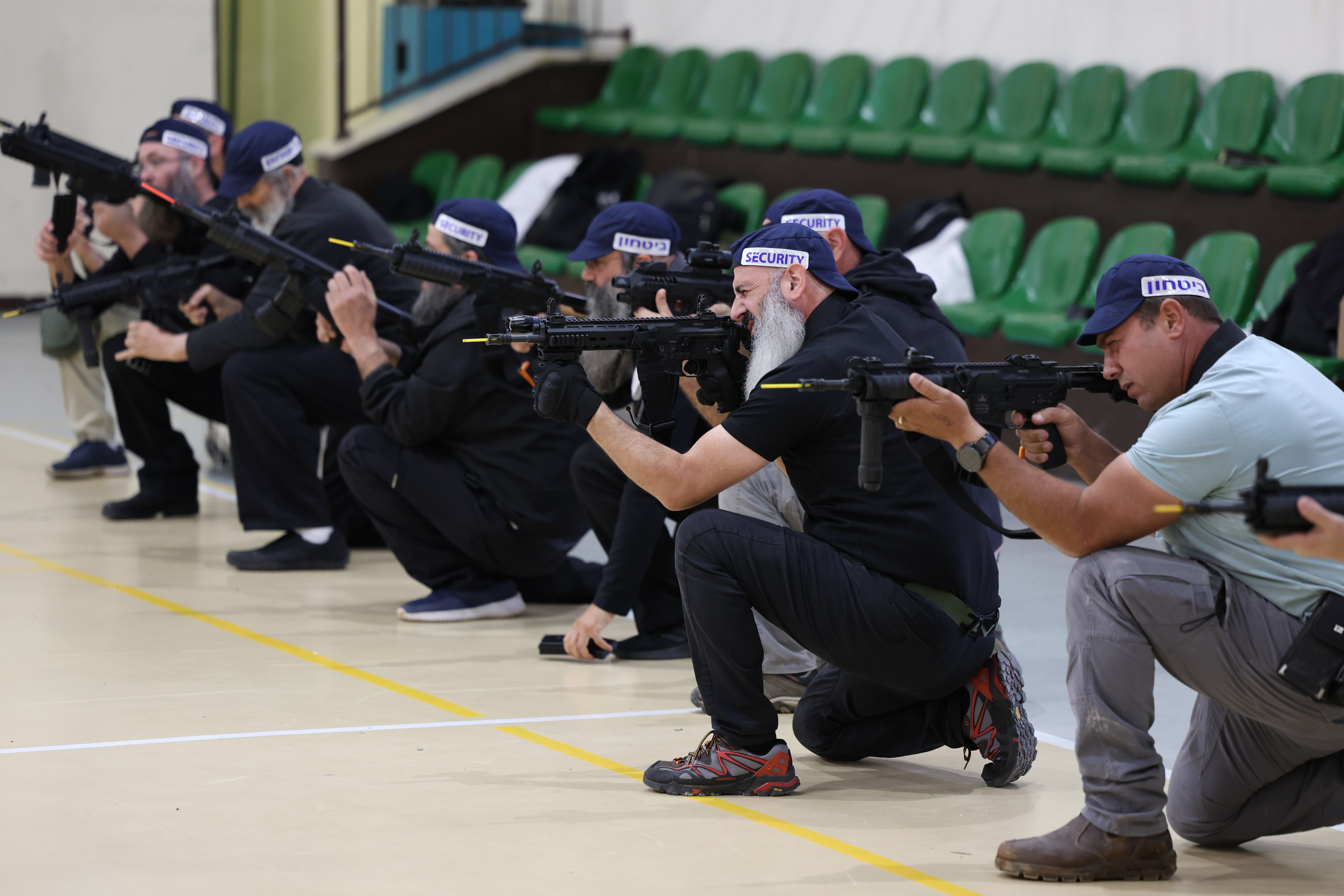
Explainer: Civilian Defense Squads in Urban Settings
In recent weeks, since the outbreak of the war in Gaza, some 800 new civilian defense squads have been set up throughout Israel. Each squad consists of local residents who serve as civilian operational reserve forces, available for rapid deployment to assist national security forces during security events and emergency situations.

Enough with the Censorship?
Attempts by the Prime Minister to influence the Chief Censor may indicate a concerning erosion of the Military Censor’s independence and professionalism. Clearly, state secrets must be protected, especially during war, but there are better ways for this to be accomplished, more suited to a democratic state.
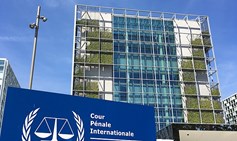
International Law "Made In Israel" Vs. International Law "Made For Israel"
Tendentious interpretations of international law are not surprising considering the high emotions surrounding the long and bloody Israeli-Palestinian conflict. However, to serve its purpose guiding the conduct of States and retain a high degree of legitimacy, international law must serve as a common legal language.
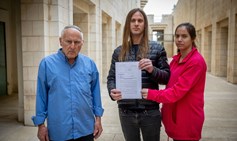
Does the High Court of Justice Intervene in Decisions to Release Prisoners?
Appeals to the HCJ to intervene in decisions relating to the release of prisoners are fairly common, but the Court has repeatedly rejected these appeals, noting that on issues of national defense and diplomacy, the bounds for judicial oversight are particularly narrow.

Israel's War Cabinet: A Brief History of War Powers and Institutional Ambiguity
The Israeli war cabinet and the complex institutional structure related to war informs greatly on Israel’s decision-making.

Israel's Cyber Front Is Unprepared
From network hacking to disinformation, Israel is unprepared for combat in today's fourth dimension of warfare.
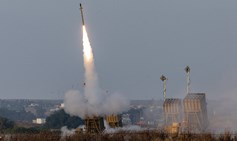
Israel's Defense Establishment Must Rethink its Conception of Technological Superiority
The paradigm of reliance on technology for our security seems to have led us to a point in which infinite data points and technological tools are at our disposal failed to produce a response. It is of course essential to continue investing in technological superiority, but this needs to be done with a clearer head.
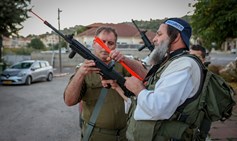
Haredi Enlistment for the Current War with Hamas is a Sign of a New Model of Rabbinic Leadership
מאת: תהילה גאדו
The heads of the established traditional Haredi yeshivot have instructed their institutions to continue studies as normal during the current state of emergency, in accordance with the belief in the power of Torah study to protect the people of Israel. By contrast, the messages heard from various other rabbis reflect an understanding of changing needs and offer a blueprint for a new leadership vision.
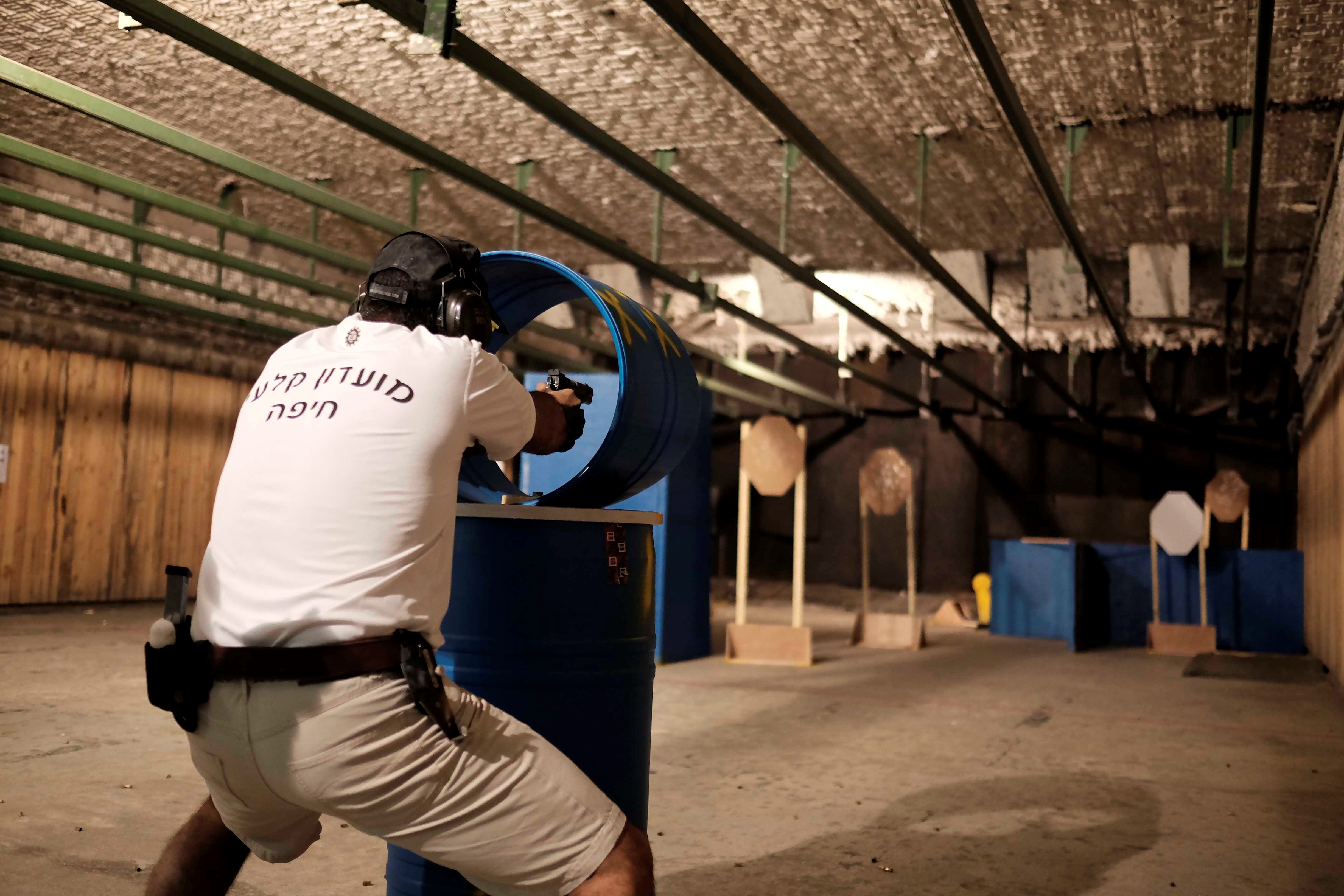
Israel's Irresponsible Expansion of Eligibility for a Handgun License
מאת: עו"ד מירית לביא
Israel's new firearms regulations now allow hundreds of thousands of citizens to carry handguns, without the necessary checks or oversight. They have been passed too rapidly during the current emergency, without enough thought about the dangerous consequences of dramatically expanding eligibility for a handgun license.
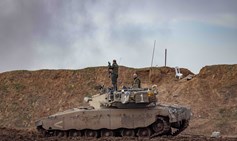
Unpacking Key Assumptions Underlying Legal Analyses of the 2023 Hamas-Israel War
The current round of violence between Hamas and Israel has already given rise to many expressions of legal opinion. In this essay, we map some key assumptions and unpack how they can significantly affect ongoing legal debates and deliberations.
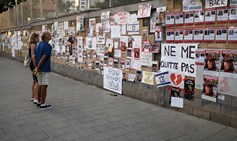
The Hamas Abductions and International Law
מאת: פרופ' עמיחי כהן
Details and clarifications on the international crimes committed by the Hamas in their abduction of Israeli civilians, and the responsibilities attached to these crimes.

A Moment of Truth: International Humanitarian Law and the Gaza War
מאת: פרופ' עמיחי כהן
Hamas’s horrendous October 7 attack on Israeli civilians and Israel’s anticipated response pose a unique challenge to scholars and practitioners of the Law of Armed Conflict or International Humanitarian Law (IHL), possibly a challenge they have never faced before.
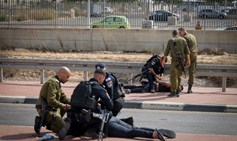
The Police at War, As I Explained to My Son
מאת: ד"ר יעל ליטמנוביץ
Policing does not usually involve battles with terrorists. But the unique situation in Israel has shaped the role of our police officers to include internal security missions. What are the skills and capabilities required of police officers in Israel? Do they have sufficient funding? Those are some of the questions Israeli society must attend to once the current crisis is over.
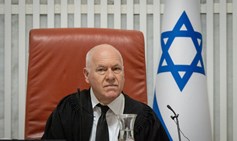
Special State of Emergency in Israel’s Court System
מאת: ד"ר גיא לוריא
What is a special state of emergency and who declares it?
Minister of Justice Levin declared a "special state of emergency" on October 7th, which has since been extended and is currently valid until October 20th. How does this affect the justice system in Israel?
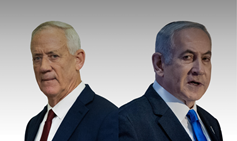
The Case for a Lean, Unified Wartime Cabinet
מאת: פרופ' עמיחי כהן
The main demand made by Benny Gantz, chair of the National Unity party, for entering an emergency government is the establishment of a war cabinet. Why is this important and what would the powers of a war cabinet be?
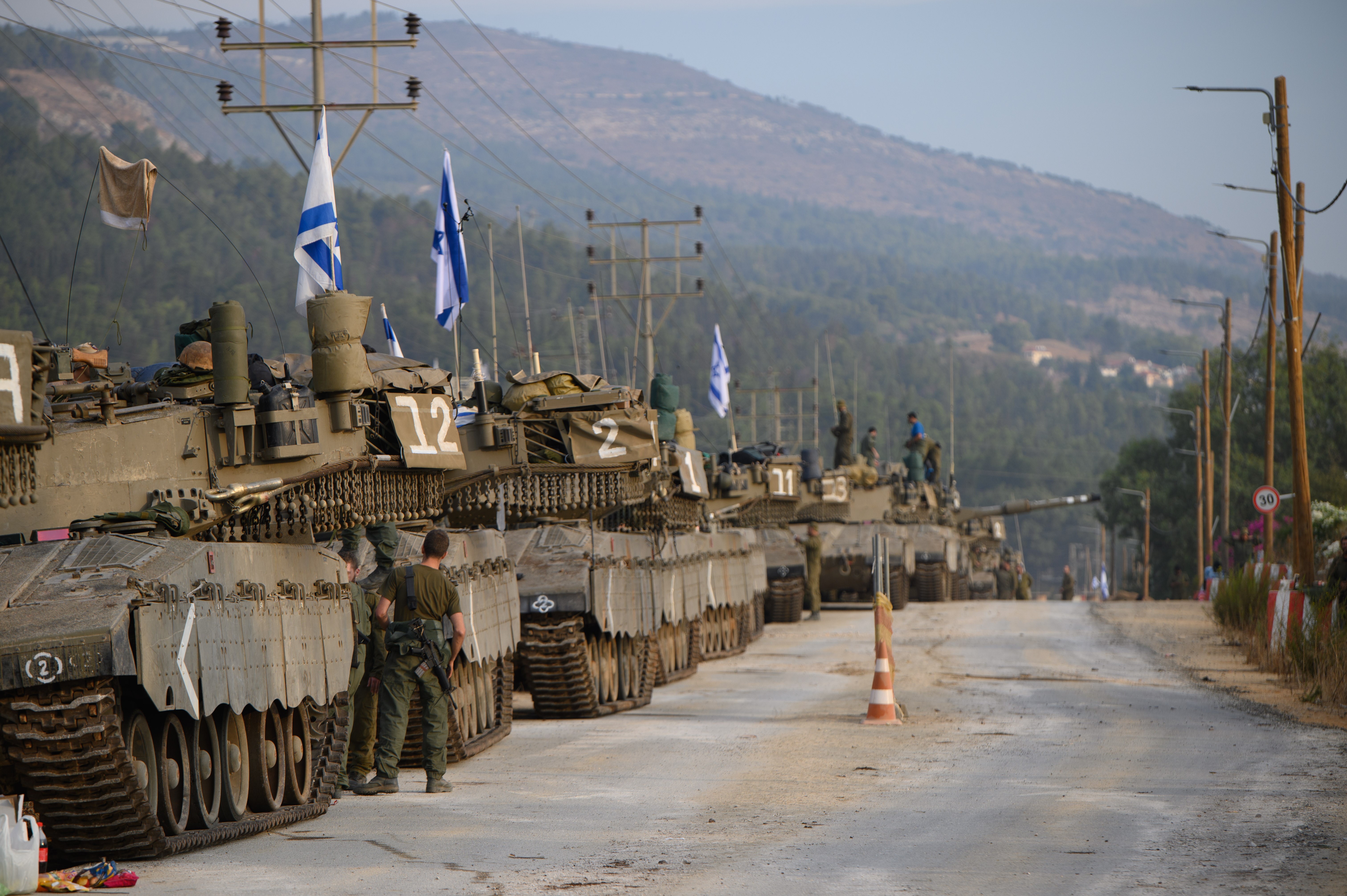
The War on Hamas: The Decision to Go to War, in Theory and Practice in Israel
Is the operation in Gaza a war, who is authorized declare war and what is the role of the cabinet and the government after war is declared?
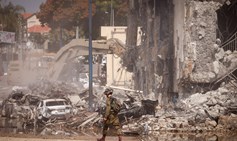
Israel at War: Special Situations and Emergency Events
The government has once again declared a "special home front situation" as the war in the north intensifies. What does this mean?

Emergency Governments in Israel
מאת: ד"ר אסף שפירא
As the brutal attack from Gaza continues, the possibility of a change in the composition in the government is being bandied about. What kind of government is possible and what has been done in the past?

Yom Kippur War: How ChatGPT can be use for military intel, war simulation
מאת: ד"ר תהילה שוורץ אלטשולר, Brig.-Gen (ret.) Itai Brun
While technology cannot eliminate uncertainty or surprise, it can help decision-makers think about the future.
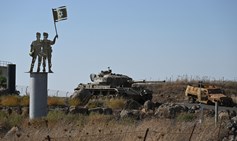
Fifty Years After the Yom Kippur War. It’s Time the Security Cabinet Replaced the Prime Minister’s “Kitchen Cabinet”
One of the important lessons learned from the Yom Kippur War was that the authority of government ministers to decide on security-related matters must be strengthened; However, even after five decades, the proper balance between the authority of the prime minister and the members of the security cabinet has not yet been properly regulated.
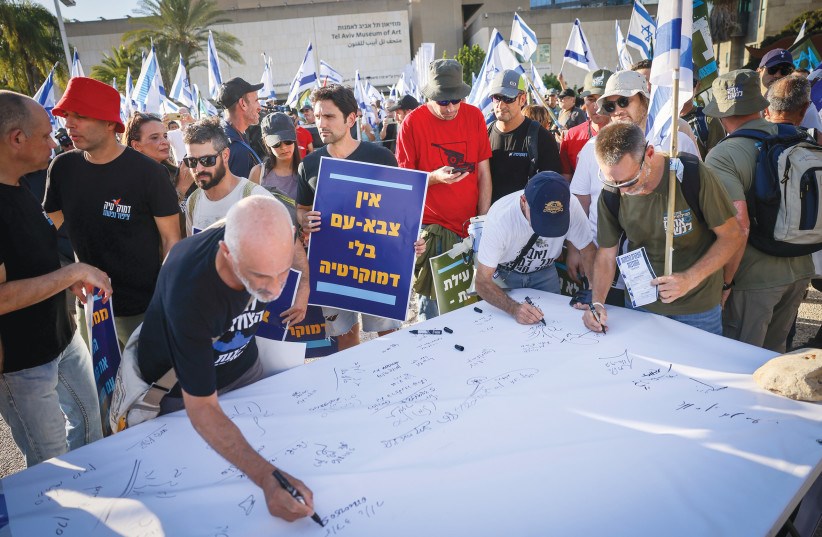
Has the IDF's people's army model collapsed?
מאת: פרופ' עמיחי כהן
A volunteer civilian army is possible only when a shared core of social values exists among citizens. But deepening social and political tensions has threatened this system.
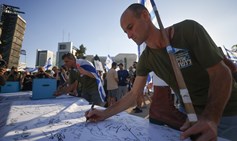
The IDF Reservists Protest against the Judicial Overhaul – Explainer
The protest by reserve soldiers has sparked a fierce political and public debate in Israel. Who are these reservists, what are their motivations and what are the implications of their choice? Find the answers here.
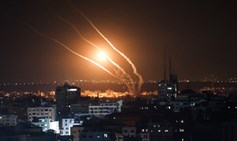
Launching a Military Operation in Gaza without Approval by the Security Cabinet Is Playing with Fire
מאת: ד"ר ערן שמיר-בורר
The latest military action in the Gaza Strip was authorized only by the Prime Minister and the Defense Minister, without the prior approval of the Security Cabinet. Israeli decision-makers must ask themselves if this is really the way matters of war and peace should be decided in a democracy.
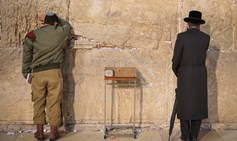
The Government Bill for the Exemption of Ultra-Orthodox (Haredi) Men from IDF Service: A Brief Guide
The ultra-Orthodox (Haredi) Conscription bill, if passed into law, would in effect, allow Haredi men to totally avoid military service.
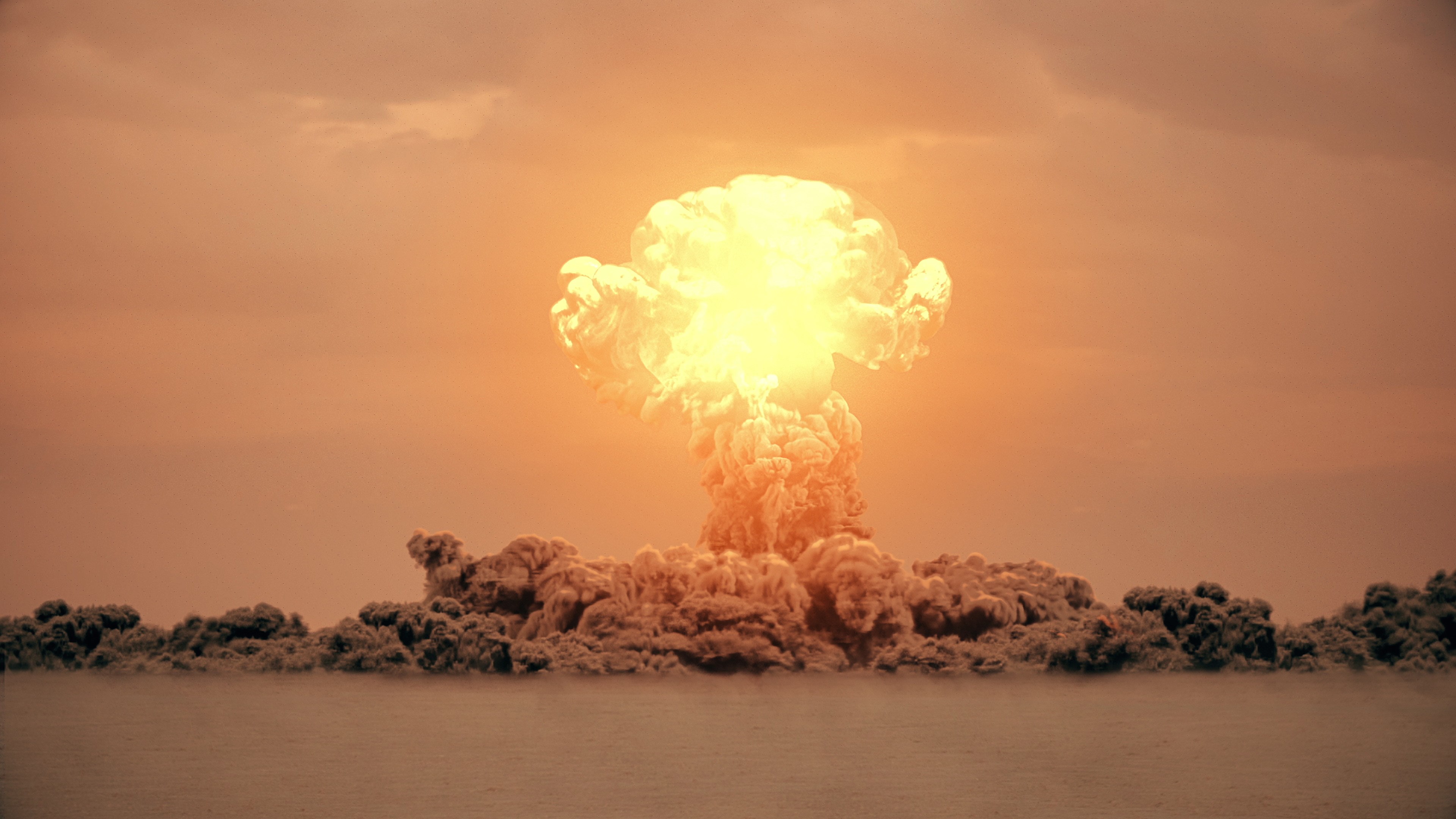
Ukraine and Our Nuclear Future
מאת: ד"ר ישי (ג'סי) פרס
In the decades since the end of the Cold War, regional nuclear powers are adopting strategic doctrines that revolve around the first use of nuclear weapons. This should be particularly worrying for Middle Easterners contemplating their own nuclear future.
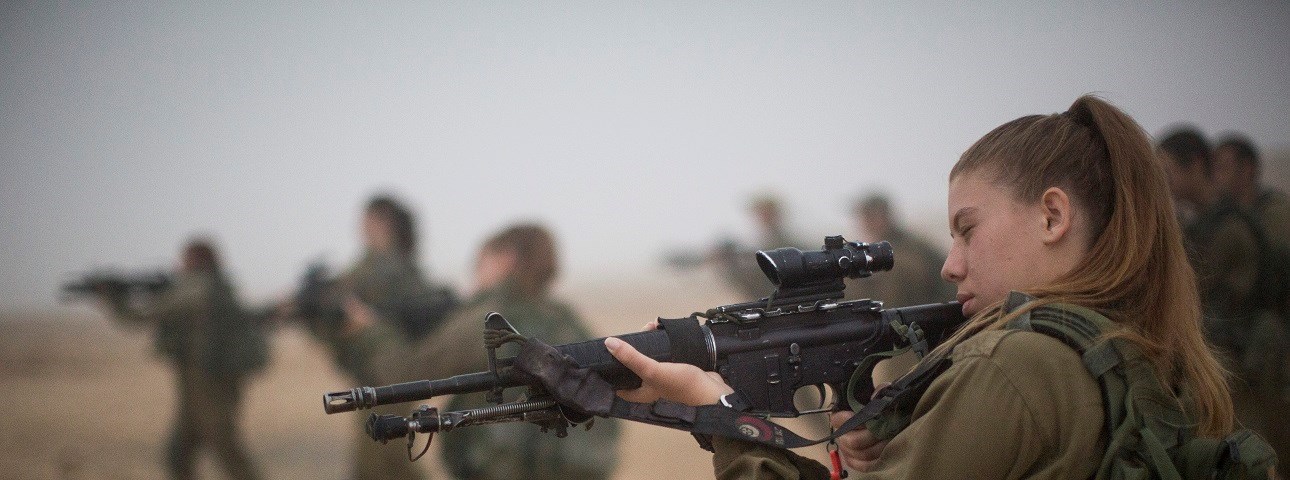
The Strongest Military in the Middle East Should have the Ability to Open Combat Roles to Women
A broader public debate over the principle of equality is current in Israel and is one of the fundamental rights in a democracy - it should then be clear that the IDF must ensure gender equality - it is possible and must be done.
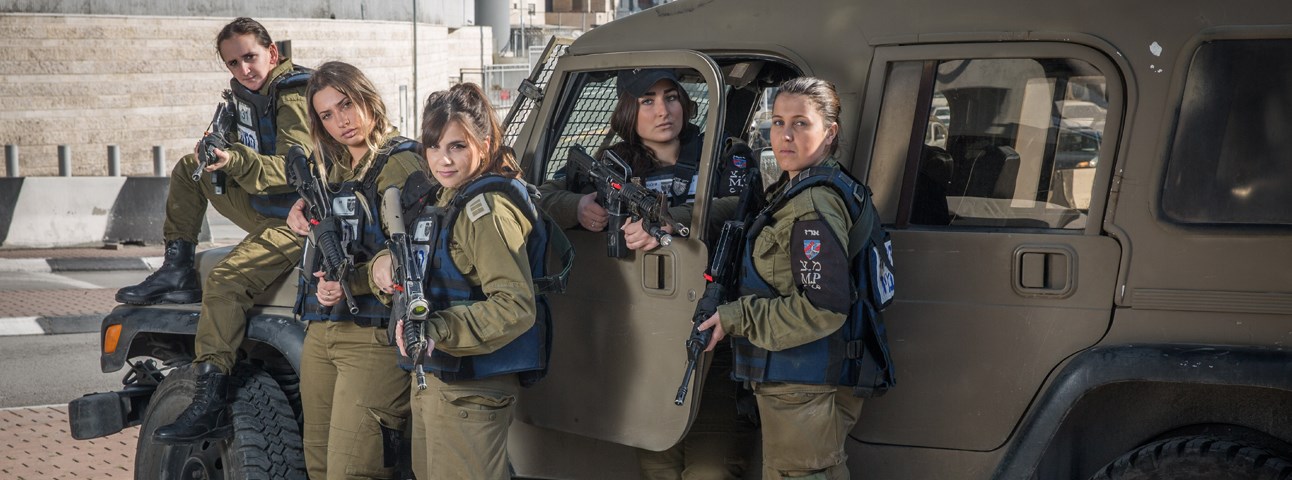
Women, Go for It!
The IDF, like every other state institution in Israel, is obligated to the principle of equality – meaning that any woman who is capable of doing so must be permitted to serve in elite combat units

Women’s Service in the IDF: Between a ‘People’s Army’ and Gender Equality
Over the years and especially in recent decades, the concept of gender equality has also become relevant to the discussion of military service, and more and more roles have been opened up to women serving in the IDF. Dr. Idit Shafran Gittleman presents an overview of women in the IDF since its establishment.

The Israeli Public Has a Right to Know About Illegal Surveillance
Innocent Israelis should have the right to know about illegal surveillance– and the appropriate tools at their disposal to hold those responsible accountable for infringements on their privacy.
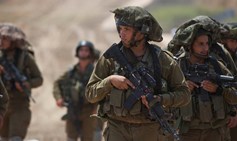
Annual Conference on National Security and Democracy - Day 2
The second day of the conference focused on public trust in the military and the challenges peripheral communities face in the IDF. Among those presenting were Minister Matan Kahane, Minister Penina Tamano-Shata, former Justice Hanan Meltzer and Major General Eliezer Toledano, the IDF's Commander of the Southern Command.

The IDF in an Ever-Evolving Reality: The IDI Annual Conference on Security and Democracy
IDI's annual conference on National Security and Democracy opened with a focus on the question of whether the current IDF model of service is sustainable, what other models should be considered and included a session on public attitudes towards the IDF. The conference is held in partnership with the Konrad Adenauer Stiftung.
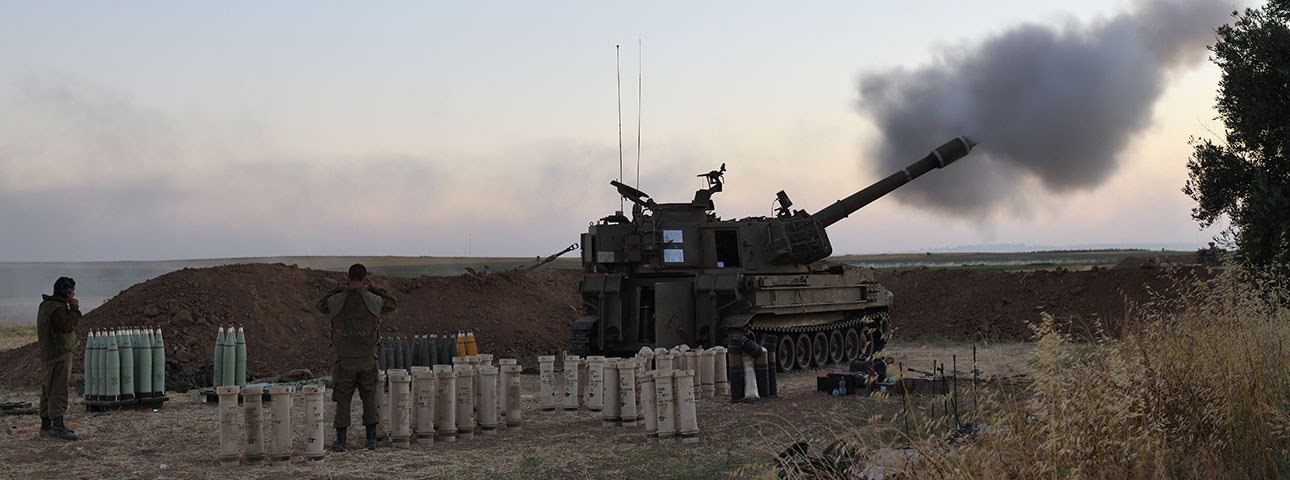
Changing Public Perceptions of the IDF: Special Survey
While Israelis award the IDF good grades for its operational capabilities and ethical conduct in combat, less than a third of the public think the IDF is managing its budget well and in a fiscally-responsible manner. 47% of Jewish Israelis now think that the IDF should abandon its 'people's army' model and transition to a professional standing military.

Two Wrongs Don’t Make a Right
Even if we accept the argument that lowering the exemption age exacerbates existing discrimination, we should still assess the proportionality of this harm. Basic rights such as equality are not absolute, and are sometimes subject to restrictions in the face of a pressing public interest.
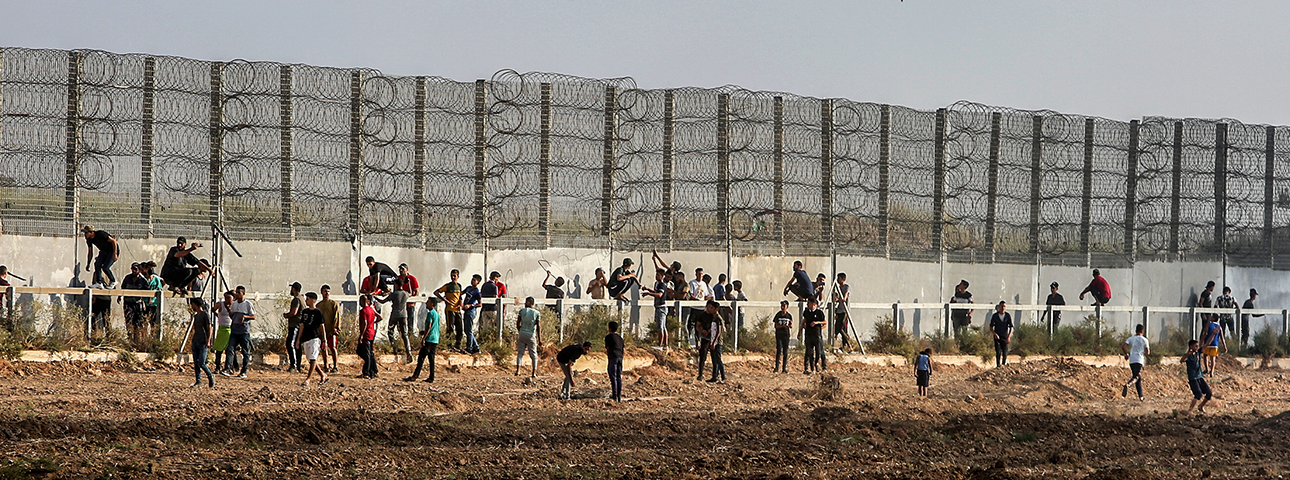
The Silence of the Commanders
False quick-spreading claims blamed an IDF soldier's death on overly stringent rules of engagement. What took the military so long to set the record straight?

An Iron-Clad Distinction: We Must Differentiate Between Hamas and the Riots Within Israel
מאת: יוחנן פלסנר
Israel’s responses in each of these two arenas, internally in Israeli cities and externally vis-à-vis Gaza, may have dramatic consequences for the future. The ultimate goal of Hamas is to drag the “Arabs of 1948” (Israel’s Arab citizens) into the conflict. Even today, it is important to note the growing desire of the majority of Arab citizens to integrate in Israeli society, and to drive a wedge between them and the leaders in Gaza
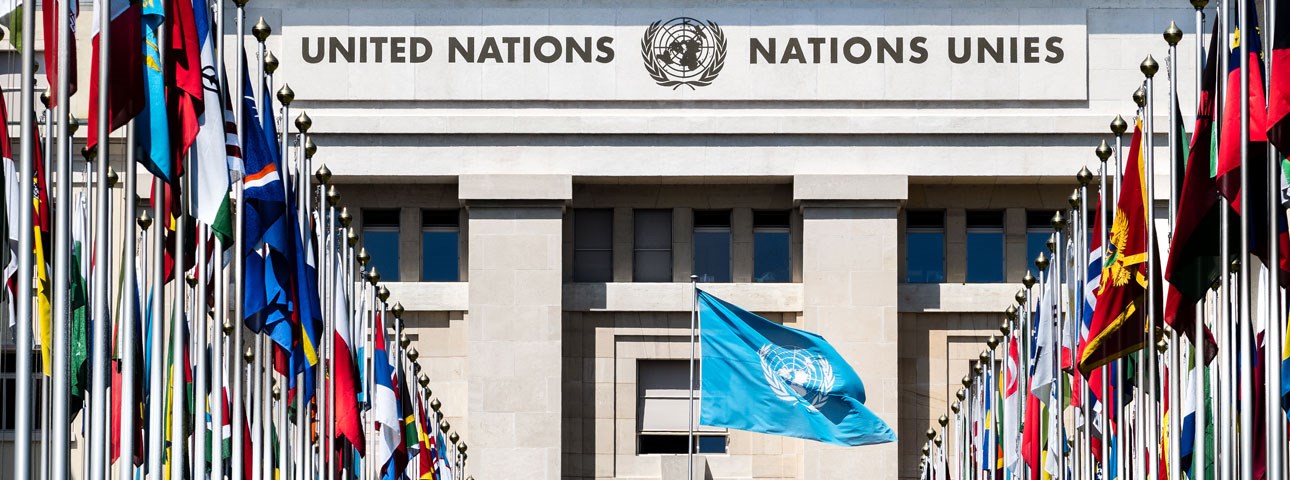
Behind the Security Council Discussions
IDI experts answer questions on the balance of powers at the Security Council, whether any dramatic resolutions can be expected, and the extent to which the debate and international pressure effect the IDF.

Gender Integration of IDF Combat Units is a Supremely Moral Issue
Despite the significant changes resulting from the expansion of women’s service in IDF units, gender still remains a criterion for screening the assignments of military personnel in 2021
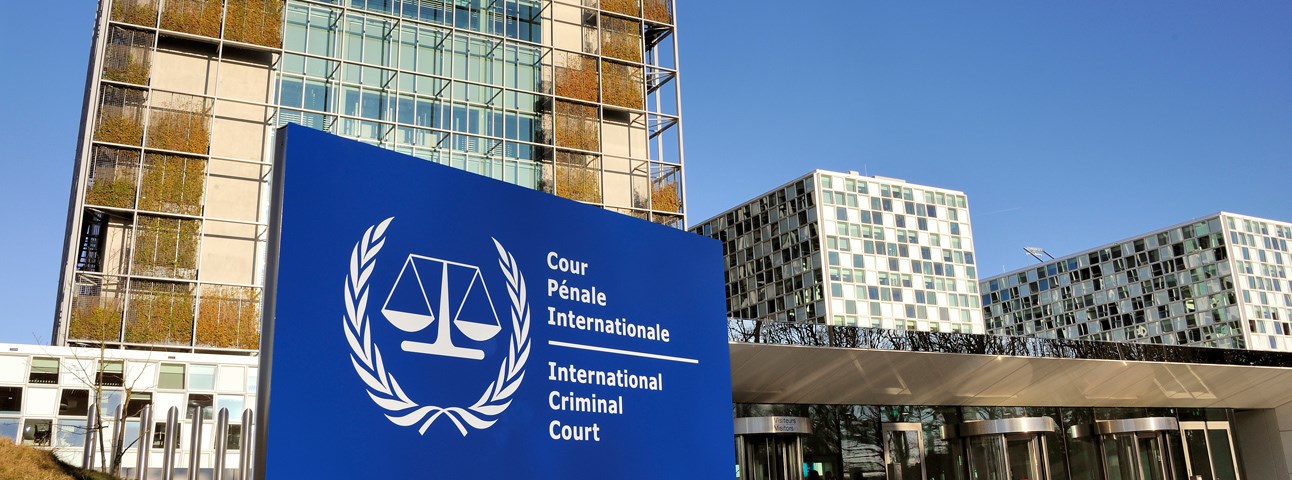
The Ruling by the International Criminal Court: Background, Analysis, and Implications
מאת: פרופ' עמיחי כהן
The ICC's ruling to allow the possibility of an investigation into Israeli actions is only the start of a process that is likely to go on for many years. What are the next steps and what are the possible implications for Israel?

On the decision by the ICC in The Hague
IDI Vice President Prof. Yuval Shany on the decision by the International Criminal Court in The Hague (ICC): "It will be a long time before the investigations mature into indictments or arrest warrants."

National Security and Democracy Day 2
The second day of the Israel Democracy Institute's Center for National Security and Democracy annual conference, held in partnership with the Konrad Adenauer Stiftung (Israel office), concluded today (Wednesday). The online conference focused on public trust in the IDF, the militarization of a civilian crisis, the IDF model of service and gender equality in the military.

National Security and Democracy Conference Day 1
IDI's annual conference on National Security and Democracy, held in partnership with the Konrad Adenauer Stiftung (Israel office), convened top officers and academic experts to discuss the changing relations between the IDF and Israeli society and draw lessons for the future from the military’s unprecedented involvement in the civilian COVID-19 crisis.
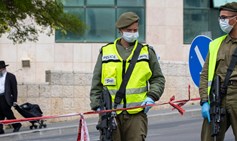
Large Majority Think IDF Should Manage Coronavirus Crisis
A special survey reveals that the public perceives the IDF as a skilled army and is prepared to face major military threats
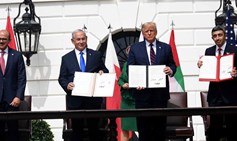
Peace Deals
מאת: ד"ר שני מור
Bahrain and United Arab Emirates peace deals show Washington’s Arab-Israel ‘experts’ got it all wrong again
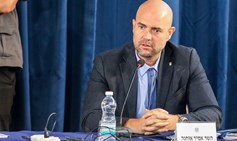
Wanted: A Full-Time Police Commissioner
מאת: יוחנן פלסנר
As the police are increasingly drawn into a conflict between protecting the right to protest and attempts to politicize their work, it is clear that appointment of a full-time commissioner is long overdue
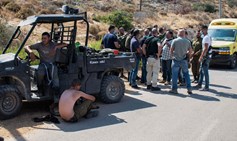
Annexation and the Violation of Human Rights
What are the possible human rights implications of annexing parts of the West Bank? In these experts from a more detailed analysis in Hebrew, IDI detail the rights that might be violated if the plan moves forward.
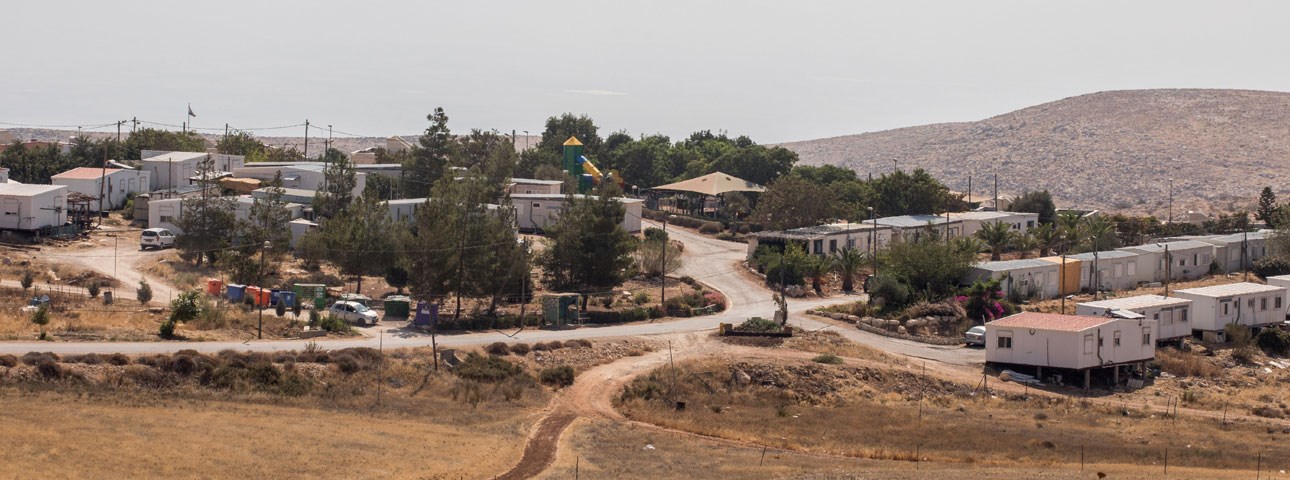
When the Supreme Court Struck Down the Regularization Law
מאת: פרופ' עמיחי כהן
Israeli's Supreme Court ruling on the Regularization Law touches on the heart of the legal battle inherent in the power struggle between settlers and Palestinians.
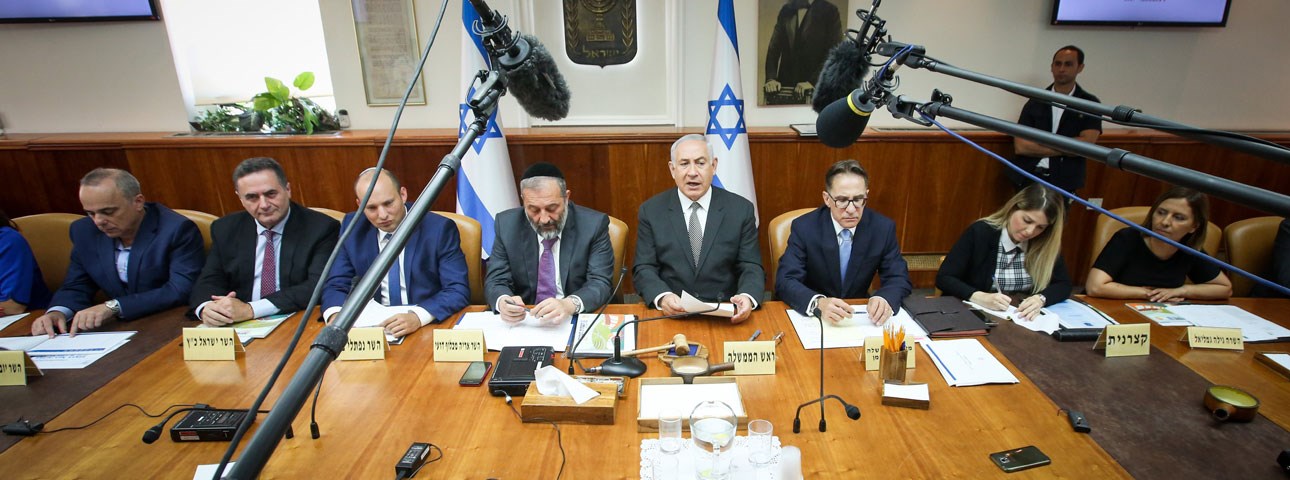
Improving Israel's Security and Resilience
מאת: פרופ' עמיחי כהן
After three contentious election campaigns Israel's new government has been sworn in. IDI's experts weigh-in with their recommendations on the most important issues on the agenda. Prof. Amichai Cohen writes about the matters that should be at the top of the agenda to improve Israel's security and resilience.
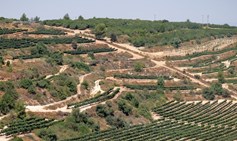
The UN Blacklist – A Devastating Blow, or Prelude to Future Dangers?
מאת: פרופ' יובל שני
The UN Human Rights Council published a database of Israeli and international companies operating in the West Bank - what are the ramifications and possible outcomes?

"Deal of the Century" and Annexation - Overview
מאת: פרופ' עמיחי כהן
The “Deal of the Century” and Human Rights: An overview of territorial exchanges and the status of the Palestinians in the annexed Areas
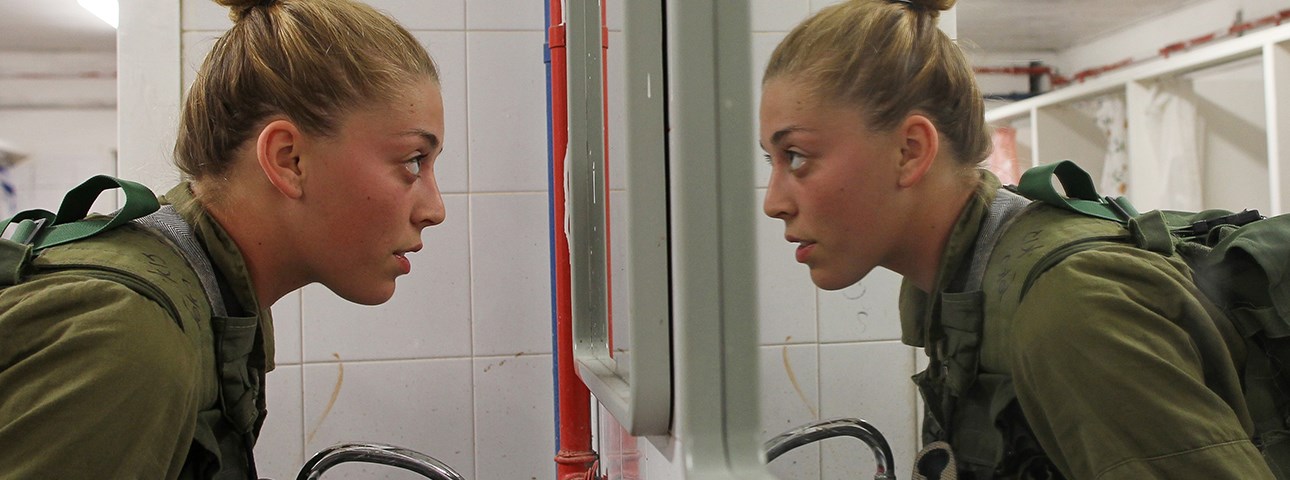
The Decade in Review: Women’s Service in the IDF
The last decade has seen the most meaningful changes in gender equality and women’s service in the IDF since the State was established.
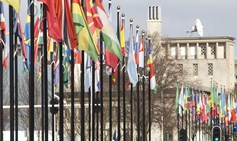
ICC in The Hague - Investigation Against Israel: Explainer
Everything you wanted to know about the International Criminal Court in The Hague and its decision to open an investigation against Israel for war crimes
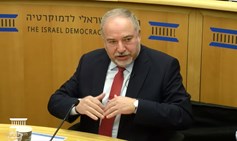
MK Liberman: " If third elections are held the outcome will be different"
MK Avigdor Liberman at IDI Annual Conference on Security and Democracy: "I fully trust the security forces know how to deal with threats in a professional manner uninfluenced by outside biases"
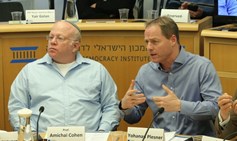
Preserving the Value of the "People's Army"
Yohanan Plesner opened the annual Security and Democracy conference saying: "Our challenge is to preserve the value of mamlahtiut (stateliness) in the 'people's army', especially in a polarized country like Israel."
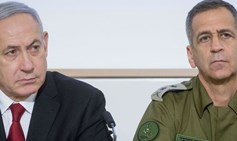
Who is Authorized to Decide on Military Actions that May Spark a Wider Conflict?
There is a vagueness about the authority to make fateful decisions for the country, including what even counts as war.

A Mutual Defense Treaty With the United States—A Complicated Proposition for Israel
Supporters and opponents argue the pros and cons of such a deal but instead of asking whether a mutual defense treaty would be good or bad for Israel, it would be better to focus on the specific elements of such a treaty.

Defending Women’s Rights to Serve Equally
Creating a gender-equal military is a complicated task, but the IDF must not forget its responsibility, nevertheless many Israeli soldiers have not been trained on gender equality says Idit Shafran Gittleman.
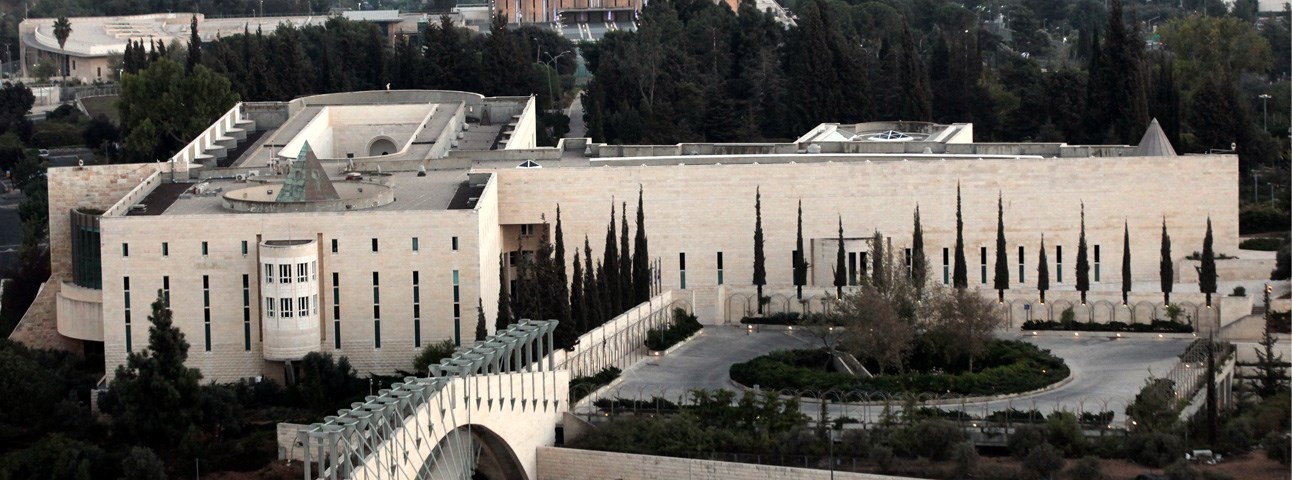
Supreme Court Decision of Combatants for Peace v. Minister of Defense
מאת: ד"ר עידית שפרן גיטלמן, Tamar Hostovsky Brandes
A controversial decision delivered by the Supreme Court on May 2 could be an important test case for its ability to withstand political attacks, which call to curb the court’s authority and power
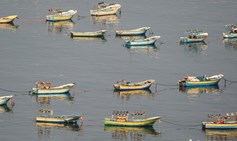
Is Limiting the Gaza Fishing Zone Collective Punishment?
Against the backdrop of the armed conflict between Israel and the Hamas - is limiting the space available for fishing near Gaza's shores collective punishment?
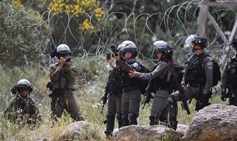
Study Reveals: Proportionality in War Still a Riddle
מאת: פרופ' עמיחי כהן, Prof. Raanan Sultizeanu-Kenan, Prof. Daniel Statman, By: Arieh O'Sullivan
Israeli military officers are less tolerant of higher civilian casualties than their American counterparts.
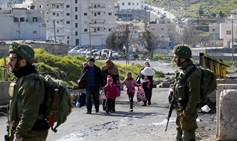
Legal Ramifications if Israel Decided to Annex the West Bank
מאת: פרופ' יובל שני
Annexation would result in a continuous state of affairs in which two sets of laws apply to two adjacent populations and would undermine Israel’s democracy

Democracy in Danger: Foreign Intervention in Israel’s Elections via Cyber-Attacks
מאת: עו"ד אלי בכר, Ron Shamir
Eli Bahar and Ron Shamir examine the threats posed by foreign intervention (in its broadest sense) in Israel’s Knesset elections—by means of Cyber-attacks, whether at the state or sub-state level
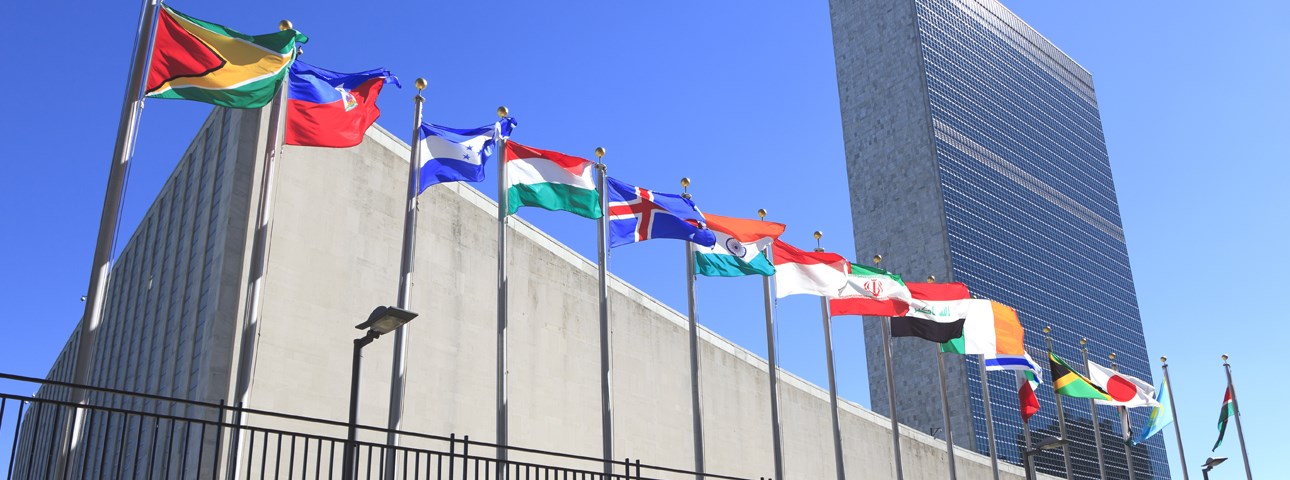
UN Commission Report on Gaza – Response
מאת: פרופ' יובל שני, אל"ם (מיל') ד"ר לירון ליבמן, פרופ' עמיחי כהן
The report and its conclusions, regardless of whether or not they will be acceptable to the State of Israel, once again highlight the importance of the rule of law, and bring to the fore the need for in-depth investigations of events which might be construed as in violation of international law
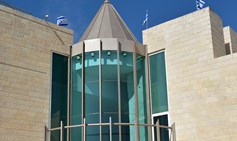
House Demolition at the Israeli Supreme Court: Recent Developments
In its fight against terrorism, Israel has often been proud of its ability to effectively fight terrorism, while remaining faithful to democratic principles. House demolitions were always considered a necessary evil, which could be resorted to in very exceptional circumstances - are we now facing populist trends that runs contrary to the traditional ethos of subjecting counterterrorism policies to rule-of-law constraints.
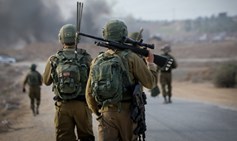
The Role of Politicians and the Role of Attorneys
For Israel, coping with the situation in the Gaza Strip is far from simple. The way the situation is handled has security, economic, humanitarian, and political implications. Therefore leadership must act and speak responsibly - this is not always the case.
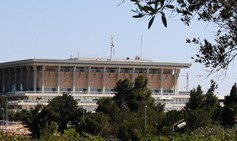
Israeli Democracy at 70
מאת: עו״ד אלונה וינוגרד
Israel at 70 is still a thriving democracy, but current concerns are justified, says Alona Vinograd in an interview to Fathom.
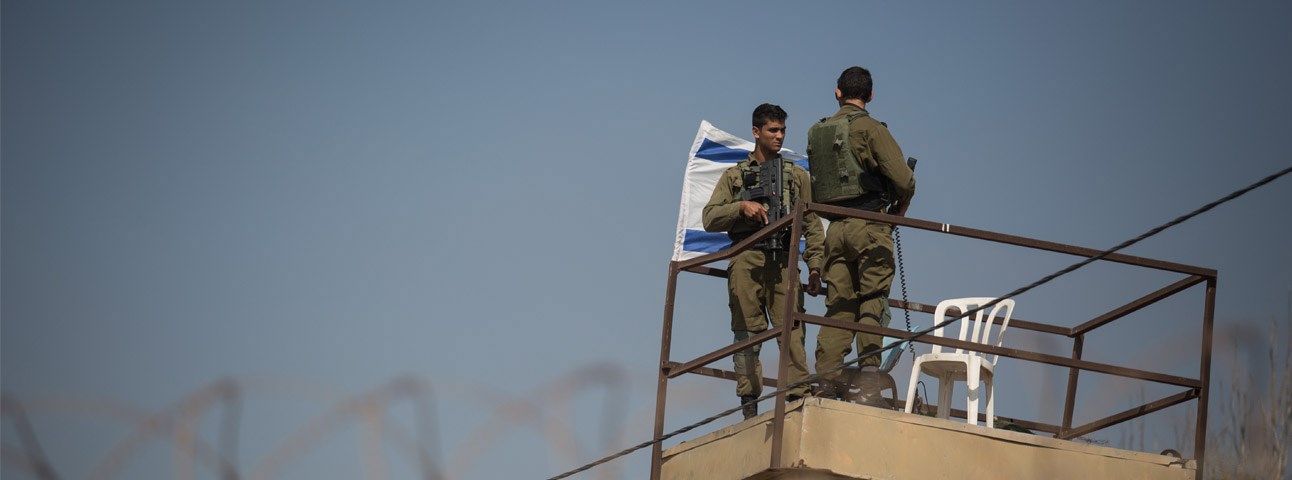
‘Black Friday’ and Other Investigations: Initial Observations
Initial observations on Israeli's Military Advocate General's decision to conclude investigation into 'Black Friday'.
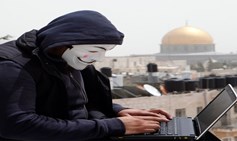
If Meitav's Website Was Hacked - the Breach Was Almost Inevitable
The breach of IDF’s Meitav website was almost inevitable, in light of inadequate attention to the need to protect sensitive personal information and the lack of supporting legislation in Israel.
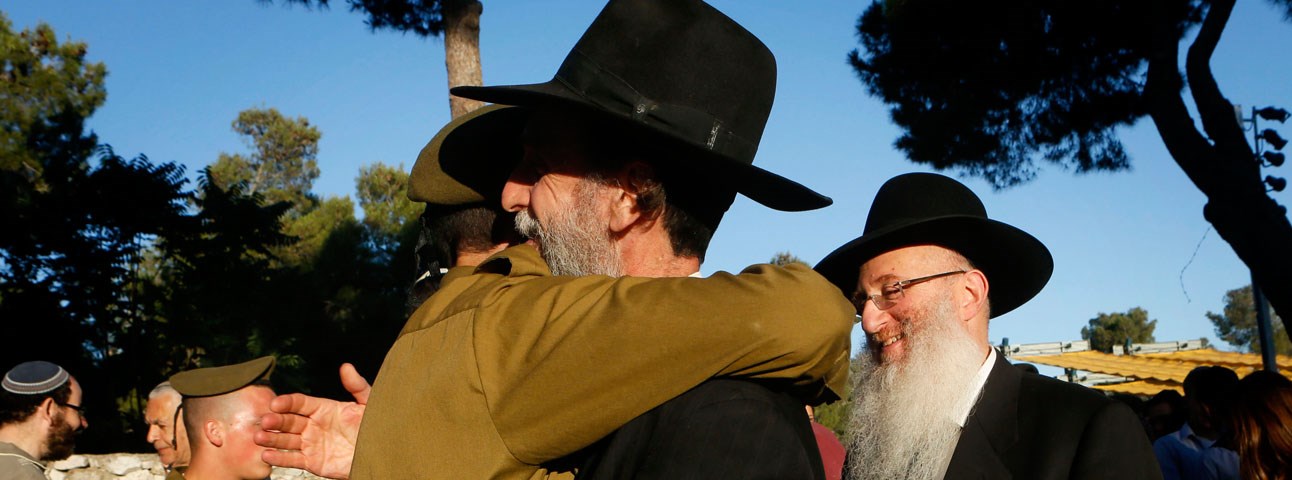
Israel needs a draft law that will uphold the principle of civic equality
מאת: יוחנן פלסנר
Now is the time to rise above petty politics and pass a draft law that will uphold the principle of civic equality in Israel.
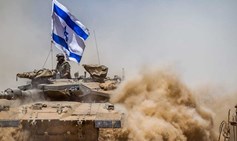
Israel's wealthiest are abandoning IDF combat units
מאת: ד"ר אסף מלחי
Israel's secular elite has lost its enthusiasm for combat service and now targets intelligence units, such as Unit 8200.

Can an Ex-Senior IDF Lawyer Transform Administrative Detention?
"Even a bit more justice than now is better" said Liron Libman in an interview on administrative detention.

The Facebook Bill Must Be Amended so that it Can Serve Its Original Purpose
The Israel Democracy Institute applauds Prime Minister Netanyahu’s decision to reevaluate the Facebook Law which was initially formulated to help fight terrorism, but evolved into a draconian law that could set back the Start-Up Nation decades in terms of freedom of speech.
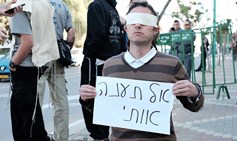
‘Special Interrogations,’ Confessions and the Duma Arson Attack
The Lod district court decision illustrates the possible dangers to criminal defendant’s human rights though the expanding defense of necessity and the lack of separation between the preventive and criminal phases of the investigation.
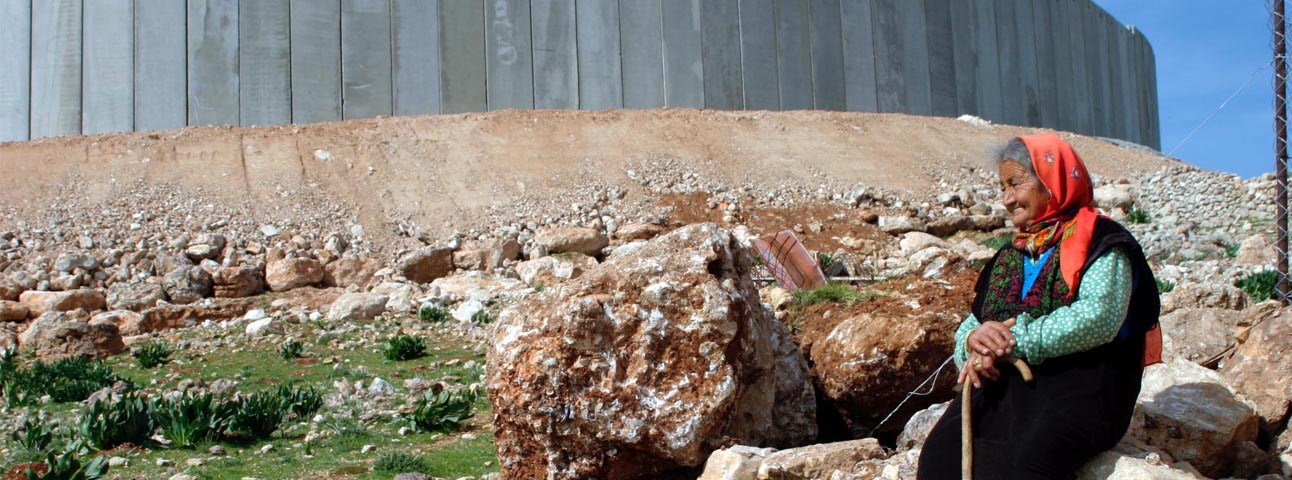
In Israeli Residency Case, Individual Responsibility vs. Collective Punishment
While collective harm may be justified in some circumstances, collective punishment should never be allowed: one person’s rights should not be taken hostage to influence the behavior of others.
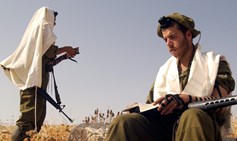
The Conscription Plan: Taking the Easy Route to Inequality
מאת: ד"ר גלעד מלאך
Though many ultra-Orthodox politicians expressed outrage at the original publishing of this new bill, some view the proposal as a double achievement.

Quo Vadis, IDF?
מאת: פרופ' יובל שני, פרופ' עמיחי כהן, Gilad Halpern, Dr. Dahlia Scheindlin
Professor Yuval Shany and Professor Amichai Cohen discuss the pivotal role of the IDF in Israeli life - past and present.
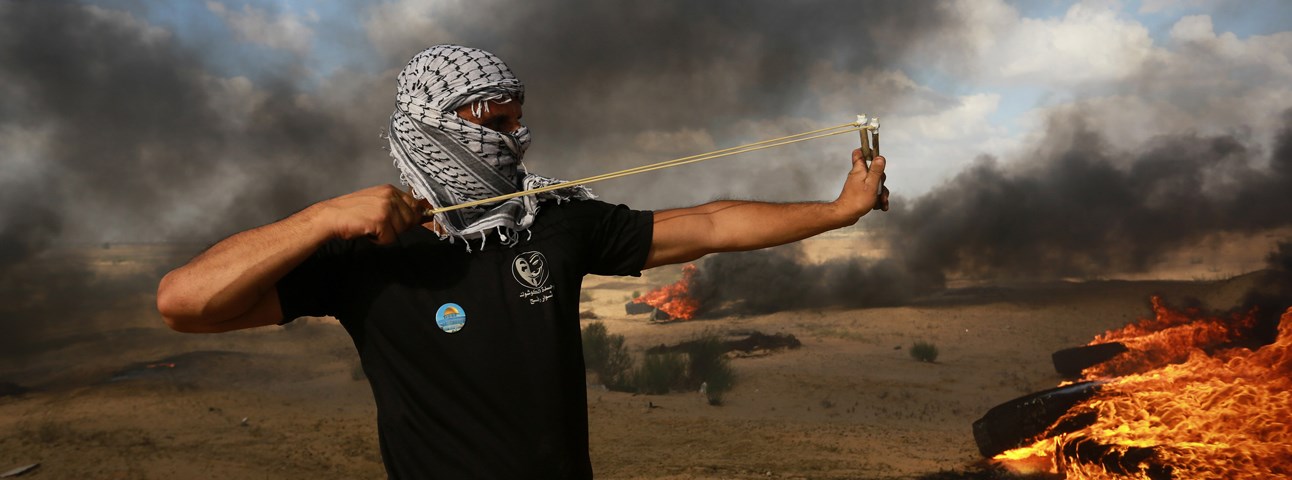
Clarifying the IDF’s Record During the Gaza Riots
מאת: יוחנן פלסנר
Israel’s supporters, who have the nation’s best interests at heart, should resist the urge to engage in partisan smear campaigns that attempt to tarnish the reputations of patriots who are on the frontlines of the struggle for Israel’s legitimacy as a Jewish and democratic state. We have enough enemies on our borders.
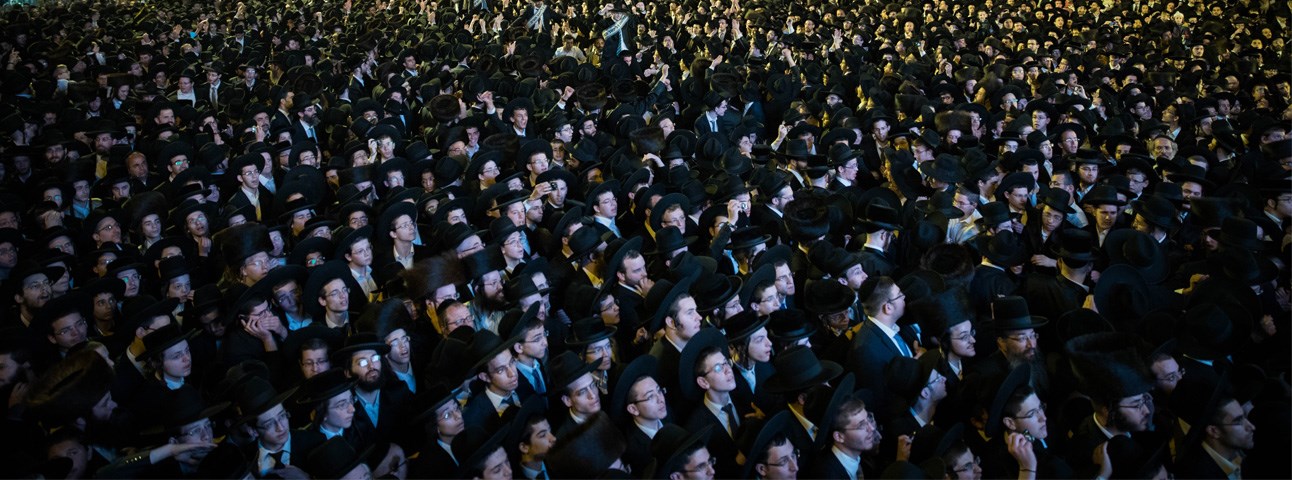
Proposed Draft Bill Puts the “People's Army” at Risk
מאת: יוחנן פלסנר
Yohanan Plesner, President of the Israel Democracy Institute cautions that the Ministry of Defense’s proposed draft bill “endangers IDF’s model of service as a “People's Army” based on the principle of mandatory service for all

Analysis of Israel’s Supreme Court Decision Allowing Lethal Force in Gaza
מאת: פרופ' עמיחי כהן
The case of Yesh Din vs. The Chief of the General Staff HCJ 3003/18
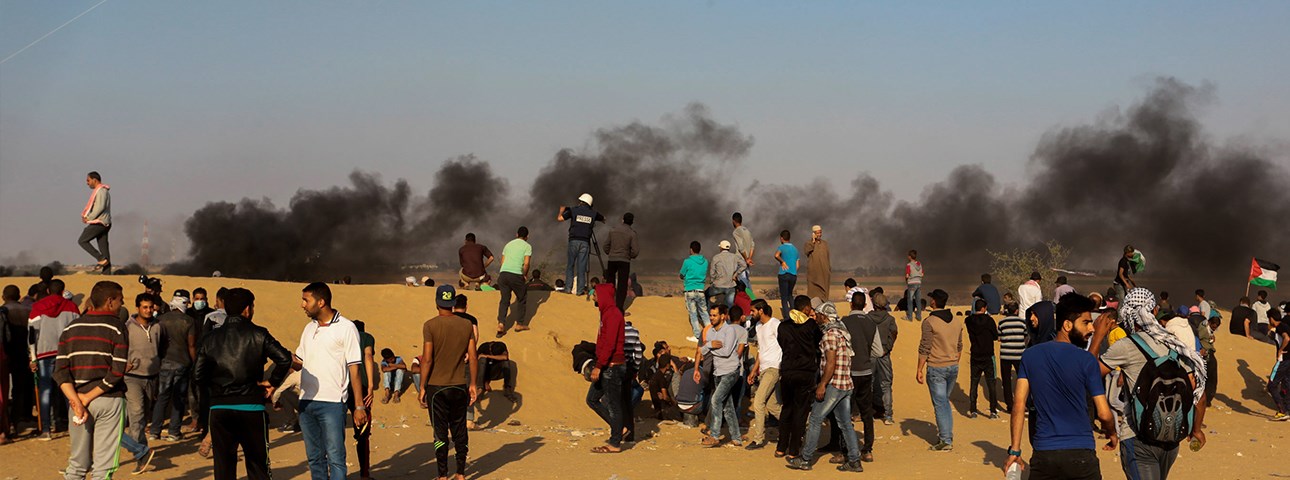
Supreme Court Dismisses a Petition Against Gaza Rules of Engagement
מאת: פרופ' יובל שני, Elena Chachko
The Supreme Court of Israel recently dismissed a petition against the rules of engagement governing use of force by the Israeli security forces in the violent clashes in Gaza
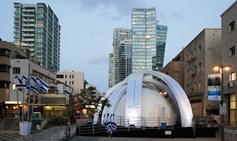
Watch the Construction of the Democracy Pavilion in 60 Seconds
Ron Huldai, Mayor of Tel Aviv-Yafo Municipality: "The establishment of the Democracy Pavilion is an impressive demonstration of Israeli democracy. Only in a democratic society can freedom and tolerance co-exist. This is what allows the opposing sectors of Israeli society to live side by side." The Democracy Pavilion is located at the start of the Independence Trail in Tel Aviv and is open to the public free of charge.

Is Israel Justified In Shooting Protestors At Its Border?
מאת: פרופ' יובל שני
Beyond the important political, humanitarian and moral issues raised by the “Great Return March” and the IDF’s response, complicated legal issues also present themselves.

A People’s Army Amidst Social Change
מאת: Arie O'Sullivan, פרופ' יובל שני, פרופ' עמיחי כהן,
Despite the transformation of Israeli society, the IDF’s model of service has not changed. Military service continues to be a rite of passage for young Israelis and the IDF retains its status as the most trusted institution in Israel. Prof. Yuval Shany, Maj.-Gen. (ret.) Orna Barbivai and Prof. Amichai Cohen sit down to discuss the challenges facing the IDF and Israeli society in a changing security environment.
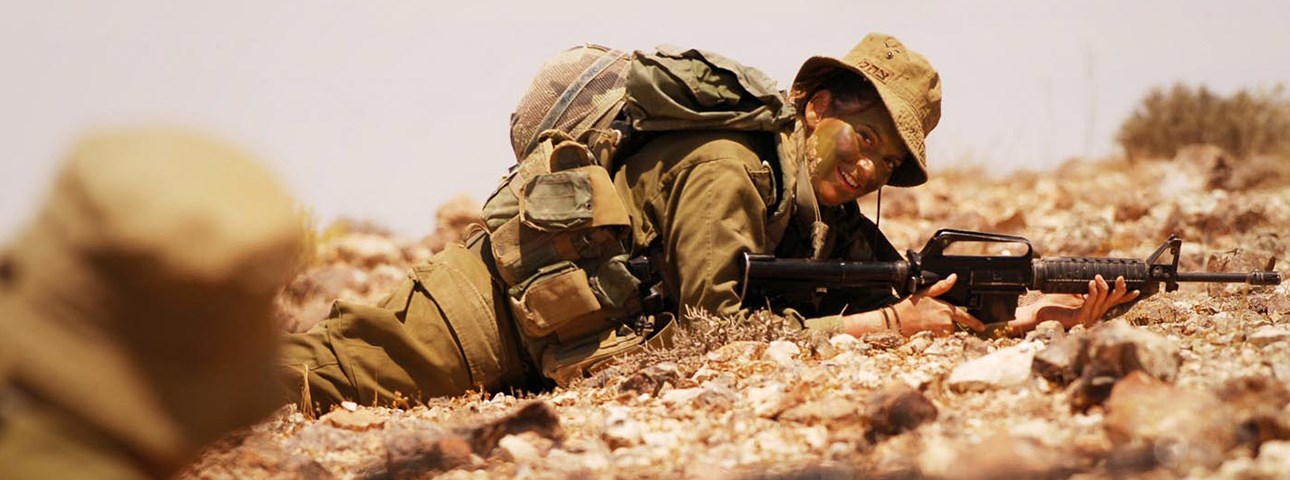
Women in the IDF: The Challenge of an 'Integrated' Army
The state of Israel has also been grappling in recent years with an intense controversy over the service of women in the Israel Defense Forces (IDF), which recently came to a boiling point with the amendment of the “Joint Service Order,” which sets out guidelines for women’s military service alongside Orthodox men
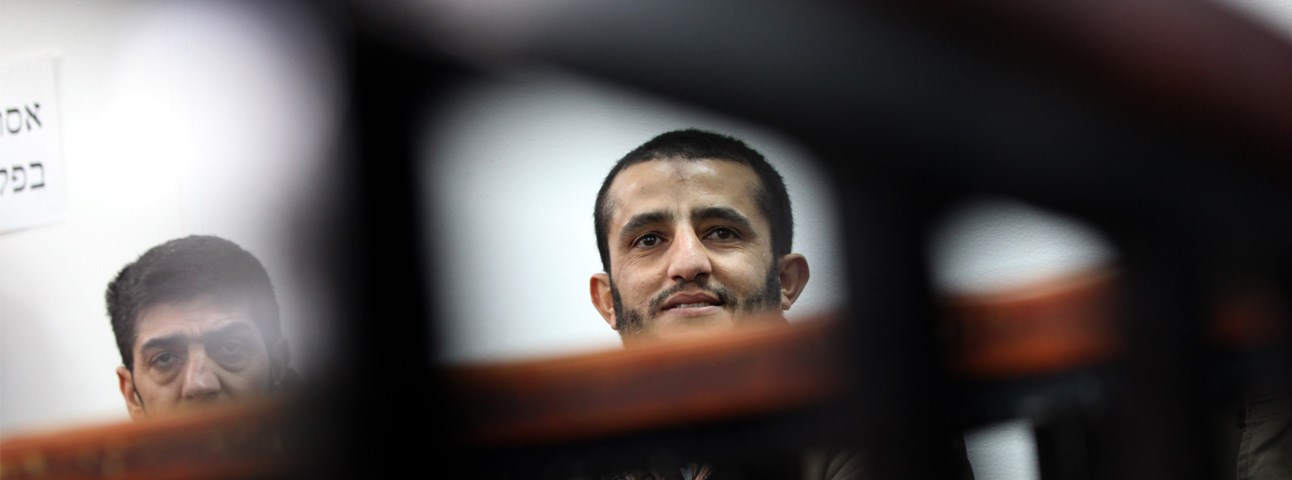
Knesset Considers Changing Law to Apply Death Penalty to Convicted Terrorists
A recent Knesset bill that would introduce the death sentence for terror-related murder in Israel has broken the decades of relative silence on the matter.
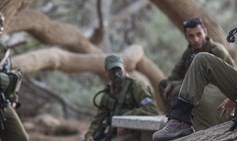
Women in the Military
מאת: פרופ' ידידיה שטרן
Prof. Yedidia Stern: "These rabbis, who loudly extol the virtues of Jewish statehood, do not hesitate to drag the people’s army into the arena of conflict with their irresponsible statements."

Will an Amendment to Israel's National Security Law Change the Rules of the Game?
מאת: פרופ' עמיחי כהן
In the US and more recently in Israel there is public discussion over the principled issues of the balance between the different branches of government in matters of national security and the proper mechanism to create accountability in these matters are universal.
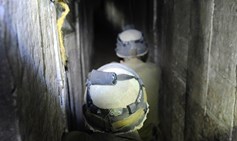
What is the State’s Obligation to Soldiers who have been Captured while Fulfilling their Duty?
מאת: אלוף (מיל') עמי אילון, Amichai (Ami) Ayalon
In an op-ed soon to be published by the Jerusalem Report, the former head of the Shin Bet security service argues that mutual responsibility is the cornerstone on which the resilience of Israeli society is founded, and is most strongly expressed in the commitment of the government of Israel to do everything possible to secure the release of its captured soldiers.
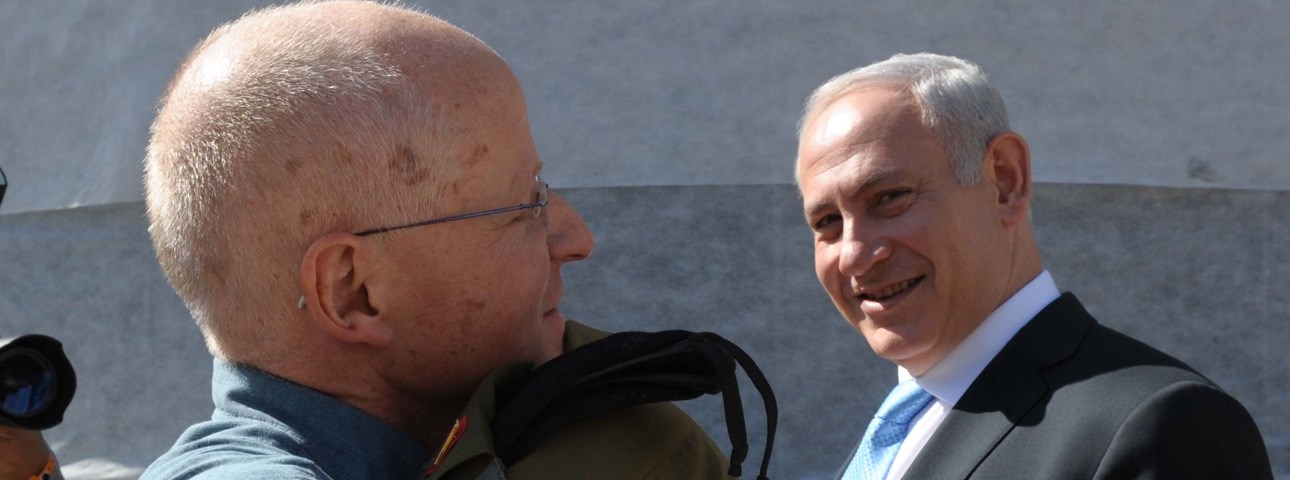
And What If He Was Your Son?
In a poignant op-ed, published by the Jewish Journal, Dr. Idit Shafran Gittleman confronts the issue of the price a country should pay to bring home its captive soldiers, including those who have been declared dead.
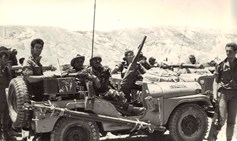
How Israeli Society Has Changed Since The Six-Day War
מאת: יוחנן פלסנר
Polling data finds that far more Israelis distrust their leaders today than in 1967.
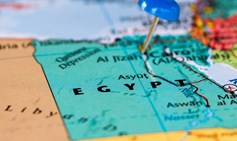
Two Surprising Lessons of the Six-Day War
מאת: ד"ר ישי (ג'סי) פרס
Basics such as bread and cooking oil began to disappear from the shelves. The Egyptian street boiled with anger. And the foundations of the regime began to shake.
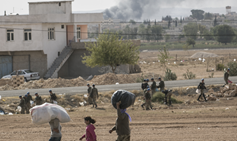
IDI Ahead of Deliberations on Removing Tax Benefits from Human Rights Organizations:
‘The bill will harm nonprofit organizations that lend a helping hand to humanitarian purposes like assisting Syrian children’
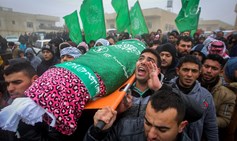
Terrorism in the Digital Age
מאת: Terrance J. Mintner
How does Israel confront terrorist threats in an era of online incitement and lone-wolf attacks?
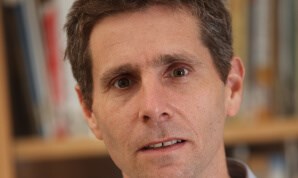
Under the Radar Screen?
Israel's security agencies have sweeping surveillance powers, but are subjected to few checks and balances.
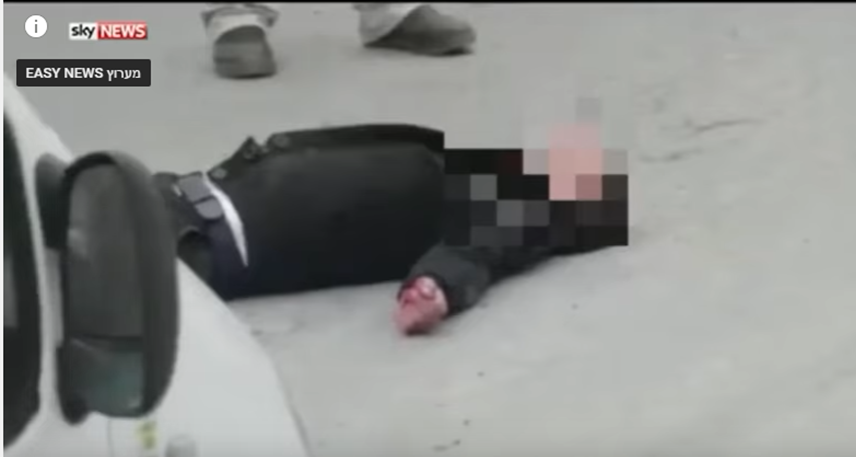
The Most Dangerous Terrorist in Israel is Someone You’ve Never Heard Of
מאת: פרופ' ידידיה שטרן
It is almost certain that readers of this article will not recognize the name of this man, the terrorist who caused more damage to Israel’s security than any other attacker in recent years. His name is Abdel Fattah al-Sharif, 21, from Hebron.

Ensuring a Vibrant Democracy
מאת: יוחנן פלסנר

A Bitter Failure of Israel’s Democracy
מאת: פרופ' עמיחי כהן
While there is no way to know whether the military picture of the recent Gaza war would have been different had members of the security cabinet been kept abreast of the tunnel threat, there can be no doubt that what occurred was a failure of Israel’s democracy.
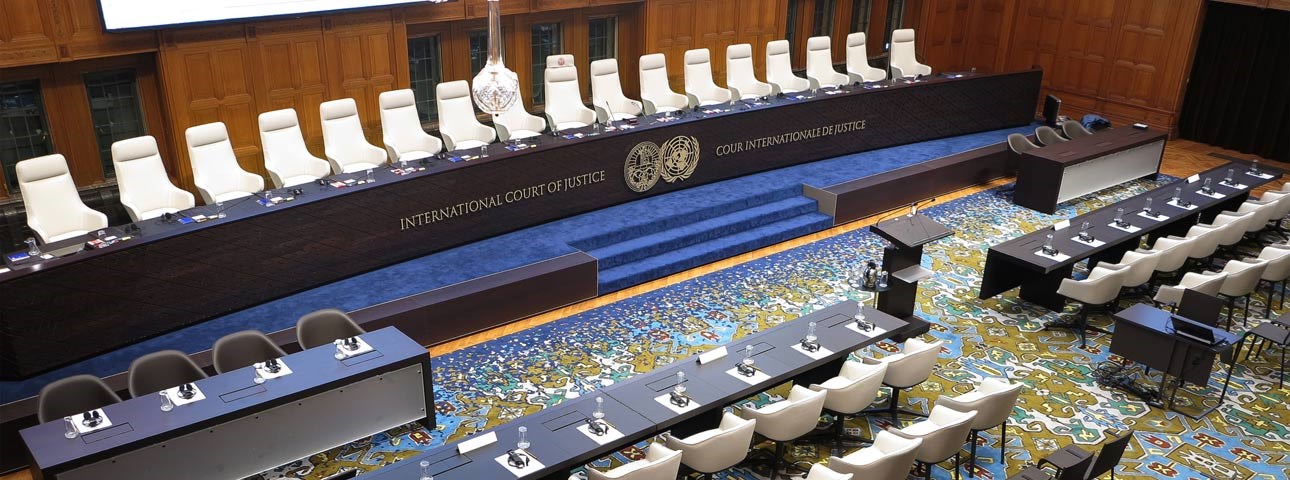
Israel’s Collision Course with the International Community
מאת: פרופ' יובל שני
The primary significance of Resolution 2334 is that it strengthens other initiatives whose purpose is to punish Israel, its leaders and businesses for their involvement in the settlement enterprise.
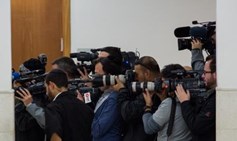
Israel’s Most Effective Political Lobby: Right-wing Nationalists on Social Media
Elor Azaria’s case shows how online pressure by extremist voices can swiftly go viral in the Israeli mainstream, forcing politicians to choose: Play catch up or resist, but at great personal cost.

The Hebron Shooter is not Israel’s Poster Child
מאת: Idit Shafran, Gittleman, אלוף (מיל') עמי אילון
In this op-ed IDI's Amichay Ayalon and Idit Shafran-Gittleman argue that the challenge of combatting terrorism requires security concerns to be weighed against the values of a free society. The prevailing attitude among supporters of Hebron shooter Elor Azaria of allowing the security mantra to trump any other concerns may lead to short-term military success, but will be a moral loss for Israel, both on the home front and in the international sphere. This op-ed originally appeared in Haaretz.
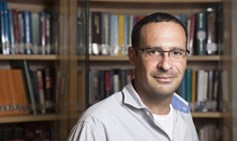
Rosh Hashanah Resolution
מאת: ד"ר שוקי פרידמן
The upcoming High Holidays are an opportunity to expand our perception beyond our selves and communities. This article was first published by the New York Jewish Week.

Israel’s Amazing Restraint
מאת: יוחנן פלסנר
Liberal democracy is in crisis everywhere. We in Israel have our share of problems. Our democracy is far from perfect, and it is under massive pressures — both external and internal. But all in all, if we look at the world around us, Israel is doing rather well. This article was originally published by the Atlanta Jewish Times.

Israel’s Agreement with Turkey: Does it Protect IDF Soldiers from Prosecution?
Prime Minister Benjamin Netanyahu announced recently that Israel and Turkey had reached an agreement leading to reconciliation between the two countries – and the Knesset approved the deal. Now the question becomes: will the deal have the impact Israeli soldiers are hoping for? Originally published by the Jerusalem Post.

The Moral Imperative
מאת: פרופ' ידידיה שטרן
In an op-ed first published by The Jerusalem Report, Prof. Yedidia Stern says this intifada of knives has left Israel in a twilight zone. It is not a time of war, in which the army is permitted to use arms more freely. But nor is it a time of peace in which any use of arms is seen as most irregular. Sharp differences of opinion between the public and the army could lead to a crisis in public confidence in the military high command. There is a crying need for responsible leadership.

The Winning Strategy
Victory in today’s open-ended asymmetric wars is not obtained just on the military front, but must also take into account international legitimization, media perceptions and national resilience, say Ami Ayalon and Eli Bahar of IDI’s Center for National Security and Democracy.
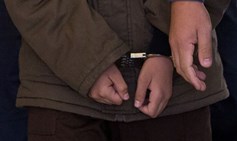
Hebron Shooting Demands IDF Investigation
מאת: פרופ' עמיחי כהן
IDI's Prof. Amichai Cohen explains why Israel had to launch a swift and effective investigation into the actions of the solider that shot a neutralized terrorist in Hebron. This article originally appeared on the Times of Israel
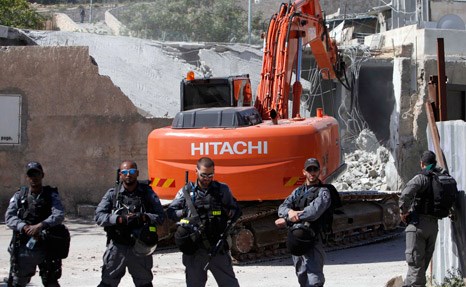
Time for Home Demolitions to be Tested by the Supreme Court
מאת: עו"ד טל מימרן, Nadiv Mordechay
Are home demolitions legal? And are they effective? Both IDF commanders and Israeli Supreme Court judges have raised doubts on the matter. In an op-ed published by The Jerusalem Post, IDI's Tal Mimran says the time has come to reevaluate Israeli policy.

Responsibility to Protect – a Right of Self-Defense for All States against Atrocities
מאת: פרופ' מרדכי קרמניצר
This essay makes a case for the international community’s right of self-defense against atrocities, through its members, and to refer briefly to the challenge of implementing such a right.
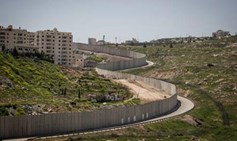
Hovering on Shifting Ground
מאת: פרופ' תמר הרמן
The Peace Index has shown us that when it comes to the political situation, the majority of the Israeli Jewish population is in a conceptual fog. On the one hand, the Israeli center and center-left has become growingly frustrated and disillusioned with the option of peace as it was perceived in the early ‘90s. On the other hand, the center and center-right have come to acknowledge that there must be a solution and that this solution could mean some type of splitting of the land, most probably a two-state solution. This article was first published by the Jerusalem Post.
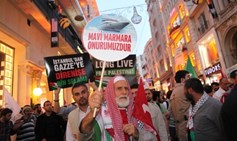
Are Israeli soldiers at risk of prosecution abroad?
מאת: פרופ' עמיחי כהן
Prof. Amichai Cohen argues that there is only one good way to prevent prosecution of Israeli soldiers abroad: Israeli authorities must conduct effective, independent, and genuine investigations in cases where there are suspicions of war crimes or other violations. This article was first published by Times of Israel.

Terror triage – Who comes first?
In the aftermath of the Tel-Aviv terror attack, it is becoming increasingly clear that the current round of terror will not end soon. When there are casualties of attacks, not only do security issues arise, but so do medical issues – and these can be equally as complicated. This article originally appeared in Crescent City Jewish News.
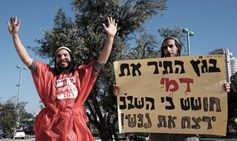
Torture Laws Must Apply To Arab And Jew Alike
מאת: פרופ' מרדכי קרמניצר
Dr. Mordechai Kremnitzer argues that it is time for Israel to examine the Shin Bet security service's regulations, based on the assumption that they apply to all residents of Israel. One law must apply to all suspected perpetrators of terrorist acts — Jews and Arabs alike.
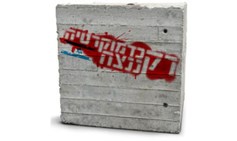
Our Democracy is Being Tested
מאת: ד"ר עמיר פוקס
Dr. Amir Fuchs delivers the following message: While Israeli security forces must fight terror using all legal means available to them, Israeli leaders have another and no less important role: to maintain the democratic character of the state. This is especially the case when it comes to equality, minority rights and defending the innocent from acts of revenge and/or lynching.
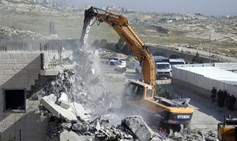
Are House Demolitions an Effective Tool in the Battle Against Terrorism?
מאת: עו"ד טל מימרן
Is demolishing terrorists' homes an effective deterrent? Israel Democracy Institute research – based on previous work conducted by the security establishment – has cast a doubt on its value. There was also a research report published in 2005 by a professional committee led by Maj. Gen. (Ret.) Udi Shani, which led to the cessation of house demolitions for three years.
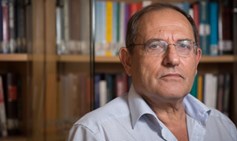
Thou shalt not kill?
מאת: פרופ' מרדכי קרמניצר
A society that is doomed to live forever by the sword cannot hope to be truly humanist and democratic. Originally published in the Jerusalem Report.

What this war is about and how it will end
Parallel to negotiations, a process, designed to create a two-state reality through independent and unconditional steps, must be implemented

The Meaning and Significance of the Rabin Assassination
מאת: פרופ' מרדכי קרמניצר
Twenty years have passed since Yigal Amir murdered Prime Minister Yitzhak Rabin. Both for political reasons and for the sake of national unity, Israeli society has avoided a fundamental and straightforward examination of the background, meaning, and implications of this event. But unity cannot be based on whitewash or false symmetry between left and right. The following is an invitation to conduct the kind of inquiry that is necessary.
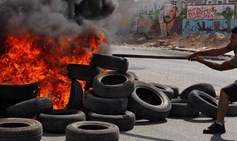
Ignite Hope, End the Violence
Nasreen Hadad Haj-Yahya and Eli Bahar say the biggest difference between the security situations in 2000 and now is the profound lack of understanding between the two sides. This article was first published on the Times of Israel website.

It’s Time to Stop the Use of Administrative Detention in Israel
מאת: ד"ר עמיר פוקס
Is administrative detention an appropriate response to Jewish terror such as the events in Duma? Dr. Amir Fuchs argues that there is no justification for administrative violations of a person’s freedom except for in concrete emergencies in which criminal law would be impossible to apply.
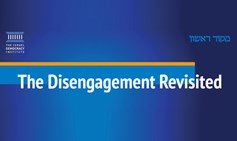
The Loss of Naïveté: The Impact of the Withdrawal from Gaza on Religious Zionism
מאת: יאיר שלג
Ten years after the disengagement from Gaza, Yair Sheleg, head of IDI's Religion and State program, explores the impact of the withdrawal from Gush Katif under the leadership of Ariel Sharon on the Religious Zionist community in Israel.
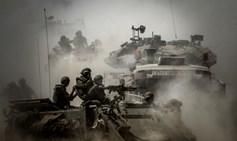
IDI Submission to the UN's International Commission of Inquiry on the 2014 Gaza Conflict
מאת: פרופ' עמיחי כהן
Submitted to the UN International Commission of Inquiry on February 11, 2015, this document details the role of lawyers within the Israeli Defense Forces in implementing and enforcing International Humanitarian Law within the IDF.
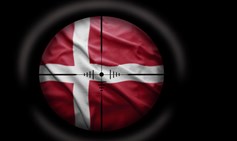
New Partners in the Struggle Against Terrorism
מאת: פרופ' ידידיה שטרן
Yohanan Plesner argues that as Denmark grieves for a terror attack on its soil, Israeli leaders must broadcast "a message of partnership among democracies battling terrorism without sacrificing their democratic values."
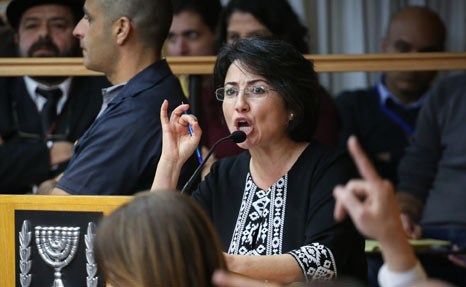
Disqualifying Zoabi: Bad for Security and Bad for Democracy
As the Central Elections Committee begins to debate disqualifying MK Hanin Zoabi and others from running for Knesset, IDI Senior Fellow Ami Ayalon writes that as distasteful as some of her words may be, banning Zoabi from running would be a victory for Israel's detractors.
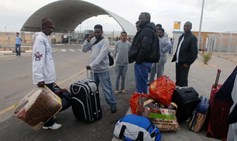
Detention of African Asylum Seekers in Israel: Welcome to Round Three
On December 8, 2014, just before the Knesset dissolved itself to prepare for early elections, it enacted the Law for Prevention of Infiltration and Ensuring the Departure of Infiltrators from Israel. IDI's Dr. Reuven (Ruvi) Ziegler reviews this development.
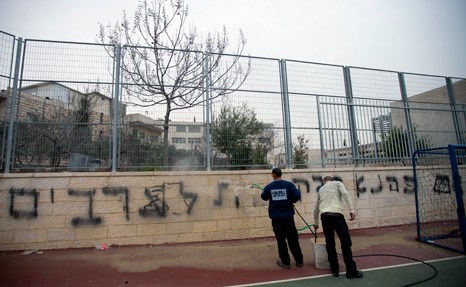
A Four-Step Plan to Combat Hatred between Jews and Arabs in Israel
מאת: יאיר שלג
IDI Research Fellow Yair Sheleg outlines four steps that can allay fears, contribute to dialogue, combat hatred, and improve relations between Jews and Arabs in Israel

Confronting the Rabin Assassination
מאת: פרופ' מרדכי קרמניצר
Nineteen years after the murder of Prime Minister Yitzhak Rabin, IDI Vice President Prof. Mordechai Kremnitzer explores the background, meaning, and ramifications of this event, taking a hard look at some of the dangers he sees in Israeli society today.

Legal Opinion on the "Zoabi Bill"
A summary of a legal opinion on a proposed amendment to Basic Law: The Knesset that was submitted by Prof. Mordechai Kremnitzer and Dr. Amir Fuchs to the Ministerial Committee on Legislative Affairs.
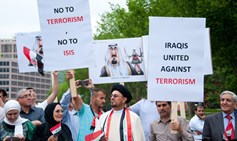
The (Legal) Battle against the Islamic State
Three IDI experts on terrorism and democracy discuss the key points of the UN Security Council resolution that condemns the abuse of human rights by the Islamic State, and note two points that they believe are missing from the resolution.
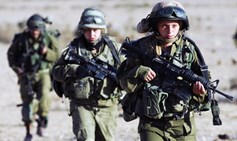
The IDF’s Fighting Ethos in the Wake of Operation Protective Edge
מאת: יוחנן פלסנר
IDI President Yohanan Plesner stresses the need to ensure that the Israel Defense Forces remains at the heart of the Zionist consensus so as to enable it to continue to be the army of all citizens of Israel.
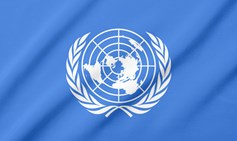
A Betrayal of International Law
מאת: פרופ' מרדכי קרמניצר
In a Jerusalem Post op-ed, Prof. Mordechai Kremnitzer argues that by breaching their responsibility to be impartial, the UN Human Rights Council and its commission for investigating alleged war crimes in Gaza are betraying international law, even if unintentionally.
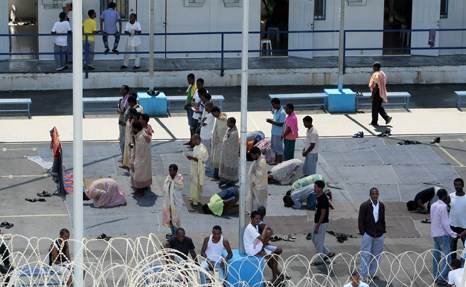
Second Strike and You Are (Finally) Out? The Quashing of the Prevention of Infiltration Law (Amendment No. 4)
IDI Researcher Dr. Reuven (Ruvi) Ziegler presents a brief overview of the Israeli High Court of Justice's decision to strike down Amendment No. 4 of the Prevention of Infiltration Law, and explores several themes that may be of comparative constitutional interest.
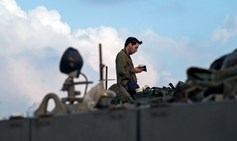
The IDF: Army of the People or Army of God?
מאת: פרופ' מרדכי קרמניצר
IDI Vice President Prof. Mordechai Kremnitzer addresses the question of the appropriateness of the letter that Givati Brigade commander Col.Ofer Winter sent to his subordinate officers as Israel prepared for the ground incursion in Gaza in the summer of 2014.

Mourning for Gazan Children Isn't Left-Wing
מאת: פרופ' מרדכי קרמניצר
IDI Vice President Prof. Mordechai Kremnitzer discusses the High Court of Justice's decision to uphold the Israel Broadcasting Authority's rejection of an infomercial in which the names of Gazan children who were killed in Operation Protective Edge would have been read aloud.
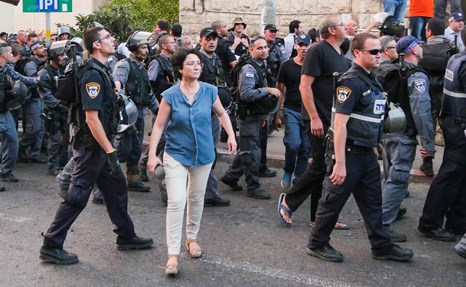
On the Punishment of MK Hanin Zoabi by the Knesset Ethics Committee
מאת: ד"ר אסף שפירא
IDI researcher Assaf Shapira provides background information on the decision of the Knesset Ethics Committee to suspend MK Hanin Zoabi for statements she made about the kidnapping and murder of three Jewish teenagers and about Operation Protective Edge.
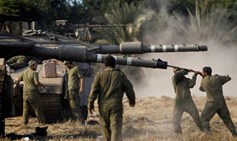
Investigating Allegations of Violations of the Laws of War by the IDF during Operation Protective Edge: The Alternatives Available to Israel
How should suspected violations of the international laws of war be investigated? As Operation Protective Edge winds down, Prof. Yuval Shany and Prof. Amichai Cohen discuss the options of an internal investigation by the IDF, an international investigation, and an Israeli commission of inquiry.

Heart vs. Head: The Case of Hanin Zoabi
Prof. Mordechai Kremnitzer and Admiral Ami Ayalon argue that while the heart has difficulty defending MK Hanin Zoabi's freedom of expression, the head demands that we object to the decision to remove her from parliamentary activity for six months.
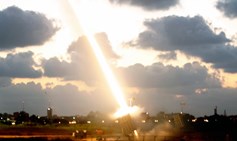
A Social Iron Dome for Jewish-Arab Relations
מאת: פרופ' ידידיה שטרן
In an op-ed in <em>Yedioth Ahronoth</em>, Prof. Yedidia Stern warns that the Iron Dome could not protect Israel from hatred between Jewish and Arab citizens, and stresses the need for both sides to use imaginative empathy to mend the fabric of Israel's shared society.?

Why Israel Should Fight with One Hand Tied Behind Its Back
מאת: יוחנן פלסנר
In an op-ed in <em>The Jerusalem Post</em>, IDI President Yohanan Plesner stresses that Israel's adherence to international law is not a source of weakness, but rather one of its greatest strengths.
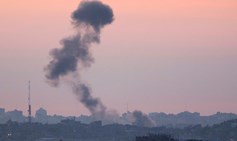
On Operation Protective Edge, Justice, Law, and Victory
Admiral Ami Ayalon asserts that the winner of today's wars is the side whose story is perceived as just, and argues that without a diplomatic track, Israel cannot win the war, even if the war is justified and Israel adheres to international law in the face of terrorists who violate it.

Education for Democracy as a Remedy for Violence
מאת: ד"ר עמיר פוקס
Attorney Amir Fuchs asserts that educating Israeli students regarding democracy and civics from a young age and throughout their education is the best way to prevent hatred, violence, and racism.
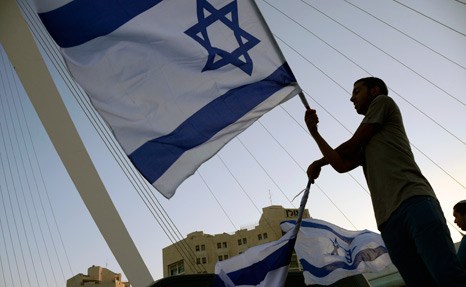
A Red Alert for Israeli Democracy
מאת: יוחנן פלסנר
In the midst of Operation Protective Edge, IDI President Yohanan Plesner warns of the dangers of racism, incitement, and stifling of free speech and asserts that it is essential to internalize a substantive democratic culture.

Operation Protective Edge and International Law
מאת: יוחנן פלסנר, פרופ' מרדכי קרמניצר, פרופ' עמיחי כהן, עו"ד אלי בכר
As Operation Protective Edge enters its second week, IDI experts outline the legal basic concepts involved in asymmetrical warfare and the boundaries of permissible action according to standard interpretations of existing international law.

The Role of a Legal Advisor during Times of Combat
מאת: עו"ד אלי בכר
IDI Researcher Attorney Eli Bahar discusses the central role that members of Israel's system of legal counsel play in formulating the rules of what is permissible during warfare in real time, during the fighting, in order to ensure that Israel's citizens will not be ashamed of themselves after the fighting ceases.
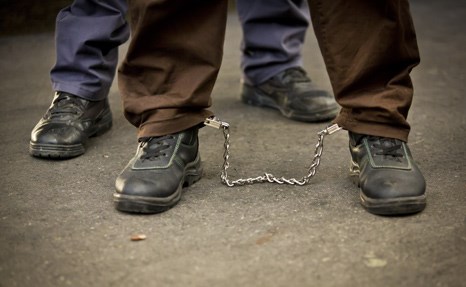
The "Anti-Pardon" Bill: Laws are not a Substitute for a Backbone
מאת: ד"ר עמיר פוקס
In an article in <em>The Times of Israel</em>, Attorney Amir Fuchs argues that legislation that would give judges the authority to sentence murderers to life in prison with no possibility of pardon is misguided and will not prevent terrorists from being released in future prisoner exchanges.
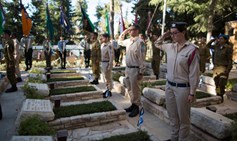
A Jewish State Warrants Our Sacrifice
מאת: פרופ' ידידיה שטרן
IDI Vice President Prof. Yedidia Stern reflects on the privilege of sacrifice and the necessity to maintain a Jewish Israel in order to justify that sacrifice, in an article written for Remembrance Day for the Fallen of Israel's Wars and Victims of Terrorism.
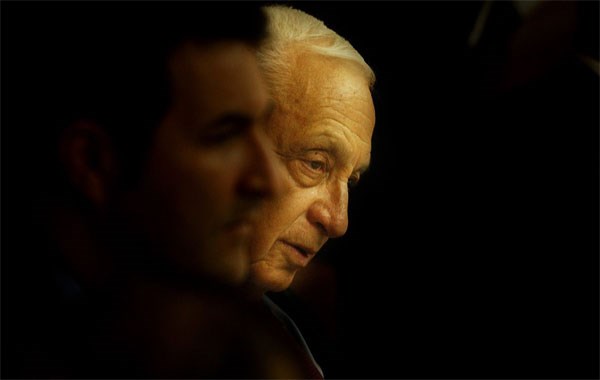
Remembering Ariel Sharon (1928–2014)
מאת: פרופ' עופר קניג
Dr. Ofer Kenig presents some of the milestones in the career of Ariel Sharon, the 11th Prime Minister of the State of Israel.

Organized Criminals Today, Everyone Else Tomorrow
מאת: Lina Saba
In an op-ed in Haaretz, Attorney Lina Saba-Habesch warns that extending the use of administrative detention to apply to suspects in cases of organized crime could lead to the use of this extreme method, or of other extreme methods, in combating other forms of crime.

Using Administrative Detention to Combat Organized Crime
מאת: Aviad Ben Yehuda
Aviad Ben Yehuda discusses the problematic nature of the proposal to extend the use of administrative detention in Israel from the war on terror to the war on organized crime.

Prof. Mordechai Kremnitzer Speaks Out on Using Administrative Detention in Cases of Organized Crime
מאת: פרופ' מרדכי קרמניצר
IDI Vice President of Research Prof. Mordechai Kremnitzer responds to the possibility that the police will use administrative detention to combat organized crime, much in the manner as it is used to combat terrorism.
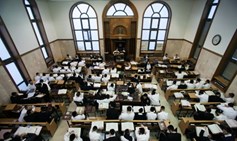
The Need for Equal Sharing of the Burden and Strengthening of Torah Study
מאת: פרופ' בני פורת
The need for the ultra-Orthodox community in Israel to share the burden of military service and participate equally in the Israeli economy was a central issue in the 2013 elections. IDI researcher Dr. Benny Porat shares his thoughts on how to bring about this change in the Haredi community.

Half-Measures in the War on Terror: An Israeli Perspective
In an op-ed in The Jerusalem Post, Prof. Mordechai Kremnitzer and Prof. Yuval Shany discuss the need for measures, laws, and institutions designed to combat the war on terror in order to strike a balance between concern for national security and the need to safeguard democratic values such as human rights and the rule of law.
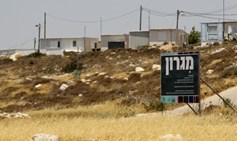
Appropriate and Inappropriate Evacuation
מאת: יאיר שלג
IDI Senior Researcher Yair Sheleg shares his thoughts on the differences between the evacuation of Yamit and the Sinai Peninsula in the past, and the upcoming evacuations of Migron and the Ulpana neighborhood of Beit El.

A Preemptive Strike on Iran: Who has the Authority to Decide?
מאת: Eyal Tsur, פרופ' מרדכי קרמניצר
As the world considers the threat of a nuclear Iran, Israeli public discourse has focused primarily on whether or not Israel should launch a preemptive strike on Iran's nuclear facilities. But who has the authority to decide whether a military operation should be conducted? In this article, IDI Vice President Prof. Mordechai Kremnitzer and researcher Eyal Tsur explore the strengths and weaknesses of the current division of responsibility regarding this matter, and recommend ways of improving the system.
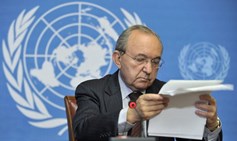
A Suggested Moral Analysis of the Goldstone Report and its Aftermath
מאת: פרופ' מרדכי קרמניצר
Prof. Mordechai Kremnitzer, IDI Vice President of Research, analyzes fundamental principles that bear crucially on the moral aspects of the Goldstone Report, Israel's stance with respect to the report, and contemporary international criminal law in general.

Israel’s Stability Fetish
מאת: ד"ר ישי (ג'סי) פרס
Dr. Jesse Ferris places the upheavals in Egypt in historical perspective and argues that Israel should not be so quick to dismiss the chance, however slim, of more open government for its Arab neighbors.

Decade in Review: The Convergence of Israeli and International Law
מאת: פרופ' יובל שני
IDI Senior Fellow Professor Yuval Shany explains the increasingly critical relationship between international law and the Israeli legal system, in an article that was published at the end of the third millennium as part of a collaboration between IDI and Walla!, a popular Israeli website.

Betrayal by the Elite
מאת: Adi Mintz
In her article Adi Mintz argues that while for some the Disengagement in 2005 represented a pinnacle of democracy, she experienced it as a deterioration of democracy. At the center of her argument is what she considers to be Ariel Sharon's referendum-dismissive nature, as she suggests that what took place during the Disengagement was not a "truly democratic struggle for public opinion."

Beyond the Two-State Solution
מאת: ד"ר ישי (ג'סי) פרס
IDI Vice President of Strategy Dr. Jesse Ferris argues that the one- and two-state paradigms are no longer relevant and suggests a redrawing of boundaries among Israel, Jordan and Egypt instead.

One on One: "As Great a Threat as Iran"
מאת: ד"ר אריק כרמון, Ruthie Blum Leibowitz
An interview in which IDI Former President and Founder Dr. Arye Carmon discusses the Institute's achievements, his views on the government and its size, and the connection between his expertise on Nazi Germany and his research on democracy.

Cyber-Terrorism
מאת: Karin Tamar Schafferman
An abridged version of a Hebrew article on cyber-terrorism that was originally published in IDI's Hebrew Parliament on-line journal.

"Black Feet" in Judea and Samaria: The Algerian Evacuation Model and its Relevance for Israel
מאת: יאיר שלג
While pending the possible decision to evacuate settlements in Judea and Samaria, IDI Research Fellow Yair Sheleg offers a new model of evacuation, based on the Algerian evacuation model, altered to fit Israeli reality.

The Missed Opportunity of the Century: The Haredi Exemption Law
מאת: יוחנן פלסנר
The government and the coalition have been given a second chance – which has come at a heavy price of blood and suffering – to turn this crisis into an opportunity and set the foundations for a new social covenant among Israelis.
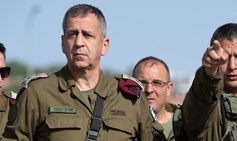
Restoring Public Trust in the IDF
The decline in public trust in the IDF is troubling – especially among youngers Israelis who will soon fill the IDF’s ranks. What can be done to reverse this trend?

Don’t Let the IDF Sink into the Coronavirus Quicksand
The decision to call in the IDF is dealing a double blow to the country - it is both ineffective and is damaging the public’s trust in the IDF
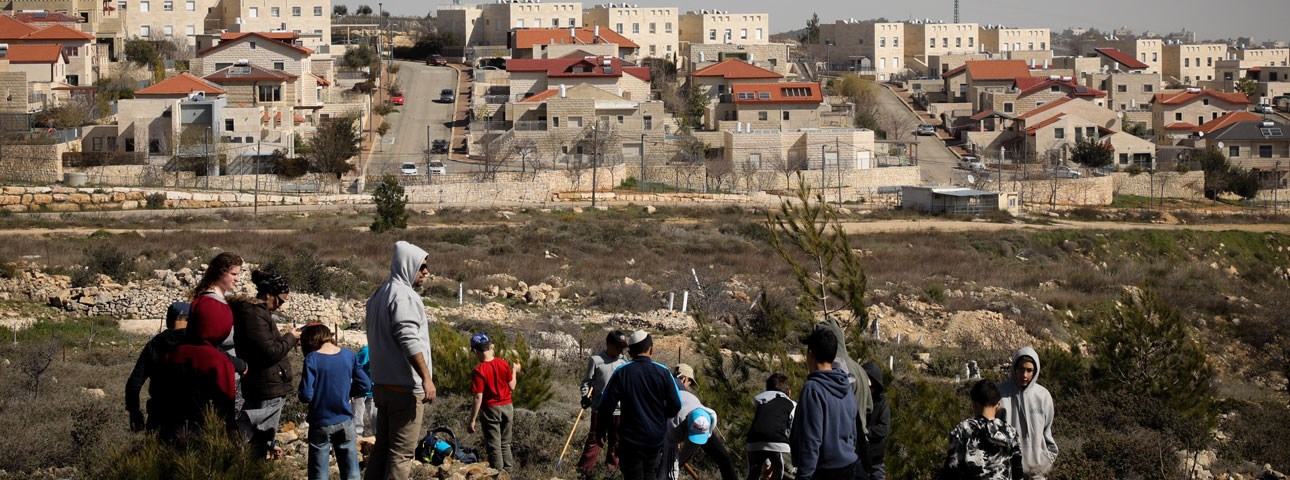
All You Need to Know about the Application of Sovereignty
מאת: פרופ' עמיחי כהן
A key component of US President Trump's 'Peace to Prosperity' plan is the clause allowing Israel to annex parts of the West Bank. What do Israelis and Palestinians say about this plan and what would it look like on the ground? Prof. Amichai Cohen has all the answers in this explainer
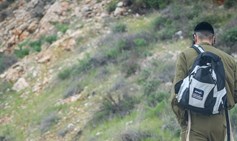
The “People’s Army”?
מאת: ד"ר אסף מלחי
This article presents the main milestones in the recurring attempts to put a satisfactory arrangement for the deferment of military service for yeshiva students in place. In doing so, it surfaces the changes that have occurred over time in the constitutional, legal, and public responses and attitudes on this issue.
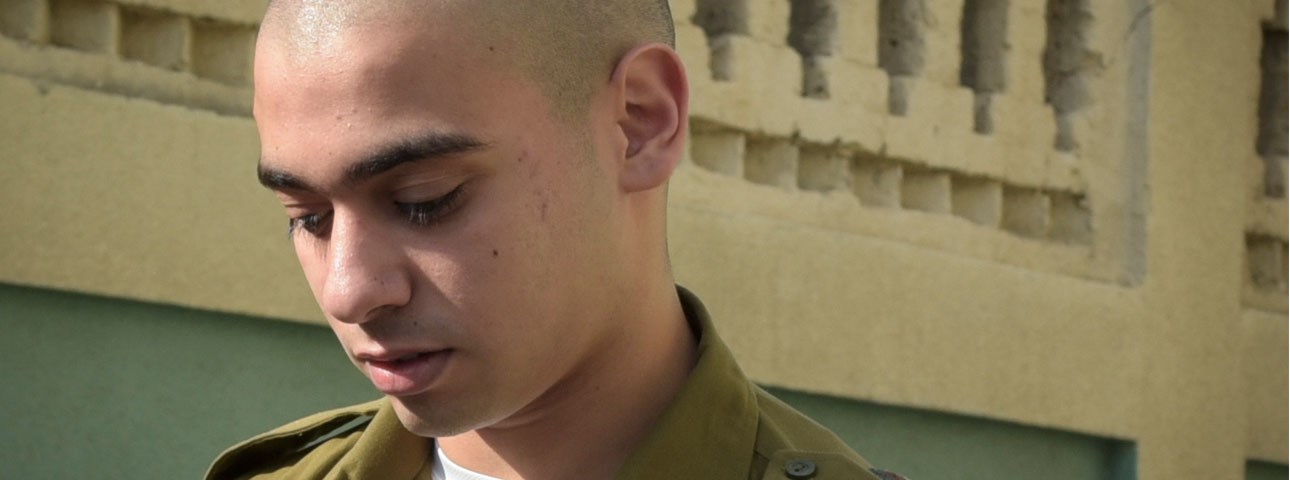
How Israel’s Leadership Betrayed Democracy
Despite the verdict, the real story in the Azaria affair is the moral, not the legal, issue, and this debate is alive and well.
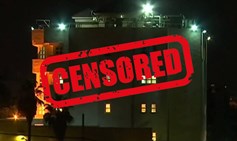
Events in Jordan Prove the Power of Israel's Censor Has Grown
Israel's Military Censor, an institution that has no parallel in any other democracy in the world, must cease to exist.
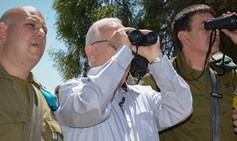
Three Years since Operation Protective Edge, Israeli Public Defines Israel’s Security Situation as Good
Latest Peace Index: More than half of Jewish and Arab Israelis see high chances of war between Hamas and Israel in coming year
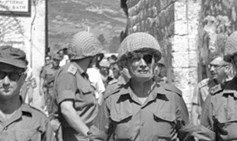
Surveys: 50 Years Since the Six-Day War
The Guttman Center for Public Opinion and Policy Research (then the Guttman Center) carried out a series of surveys just before, during and after the war.
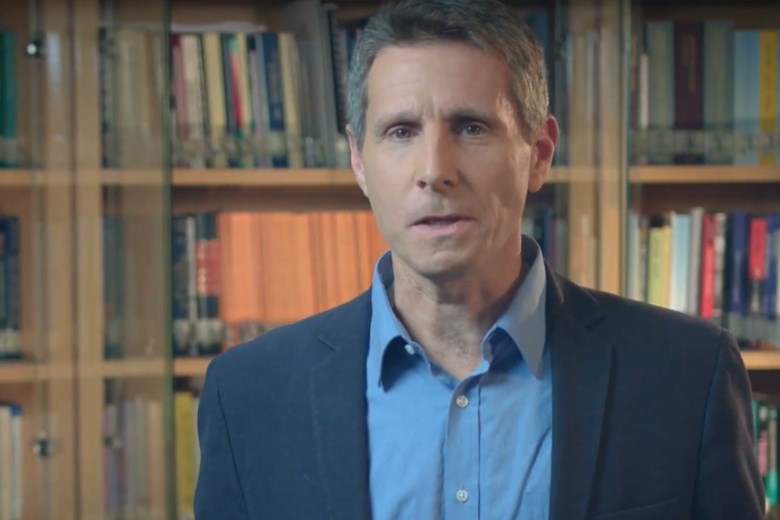
Security and Democracy in the Modern Era
מאת: פרופ' יובל שני
Israel has been in a state of emergency since 1948. But the nature of the threat has changed over-time—from full-scale military invasions to isolated airplane hijackings, from suicide bombings to missile attacks, and most recently, cyber and lone wolf terrorism.
These ever-evolving threats necessitate new responses and strategies.

Pardon Requests in Cases Brought Before Israeli Military Courts: How Do They Work?
Even before the conclusion of the Elor Azaria trial, there were calls for the 'Hebron Shooter' to be pardoned. Under such circumstances, what does a pardon entail and how can an IDF soldier who had been sentenced in a military court of law be granted one?
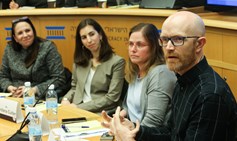
‘Zero Tolerance Approach to Terrorism’
IDI hosted an exclusive and high-level roundtable discussion on Facebook policies, Israel’s proposed Facebook Bill and freedom of expression. Simon Milner, Facebook policy director for the United Kingdom, Middle East and Africa, participated.
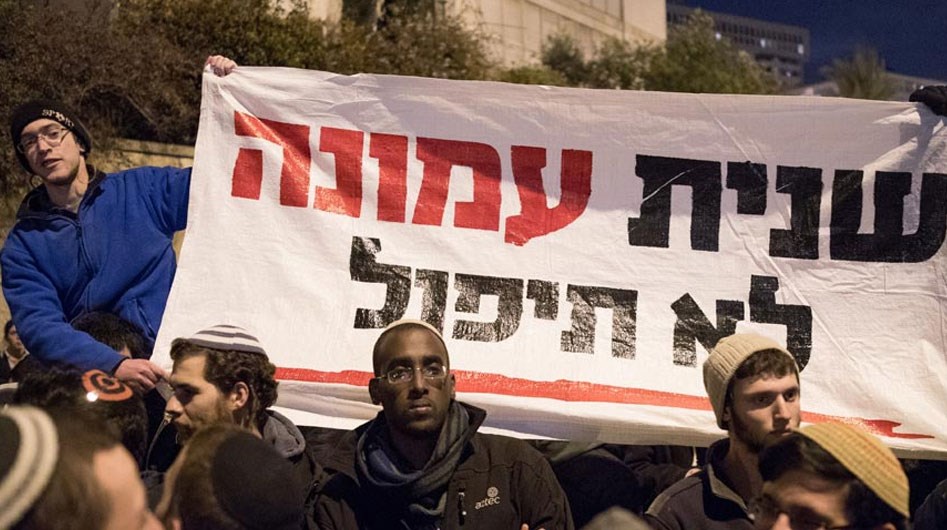
Could the Settlement Regulation Bill lead to an international legal battle for Israel?
מאת: פרופ' עמיחי כהן
Recent events surrounding the evacuation of the Israeli settlement of Amona have ignited a long-simmering debate within Israeli society regarding the construction of a small portion of settlements on privately-owned Palestinian land in Judea and Samaria.

IDI in the Media on Elor Azaria
IDI was quoted in nearly 500 articles connected to the Elor Azaria verdict, including interviews with Yohanan Plesner, Yedidia Stern, Mota Kremnitzer, Amichai Cohen, Tamar Hermann and Tehilla Shwartz Altshuler. We reached a potential 403 million individuals, through coverage in 28 countries and 42 states, plus Washington, D.C.
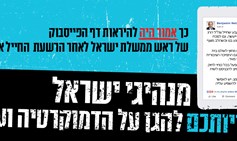
The Post that was Never Written
"The court must be allowed to pursue the legal process, without intimidation or attempts to undermine its independence."
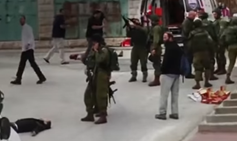
Azaria and the ‘Helmand Incident’
מאת: פרופ' עמיחי כהן
As the IDF's military court handed down its verdict in the case of Elor Azaria, the soldier accused by the military prosecutor of shooting and killing a terrorist who no longer constituted a clear and present danger, it is an appropriate moment to recall the recent experience of another soldier in another army.

After the Elor Azaria Trial:
מאת: יוחנן פלסנר
Israel's senior political leaders are playing with fire when they publicly justify violating the rules of war and ethical conduct. Troublingly, a majority of the Israeli Jewish public agrees.

Elor Azaria: Statement by IDI President Plesner
Following the conviction of Elor Azaria on Wednesday, January 4, IDI President Yohahan Plesner called on leaders to spearhead a coordinated effort involving the education system, the IDF, and the political leadership.

Has an IDF Soldier Ever Been Convicted of Manslaughter?
מאת: פרופ' עמיחי כהן
In the last decade, no member of the IDF has been convicted of an offense as serious as that with which Azaria is charged.







